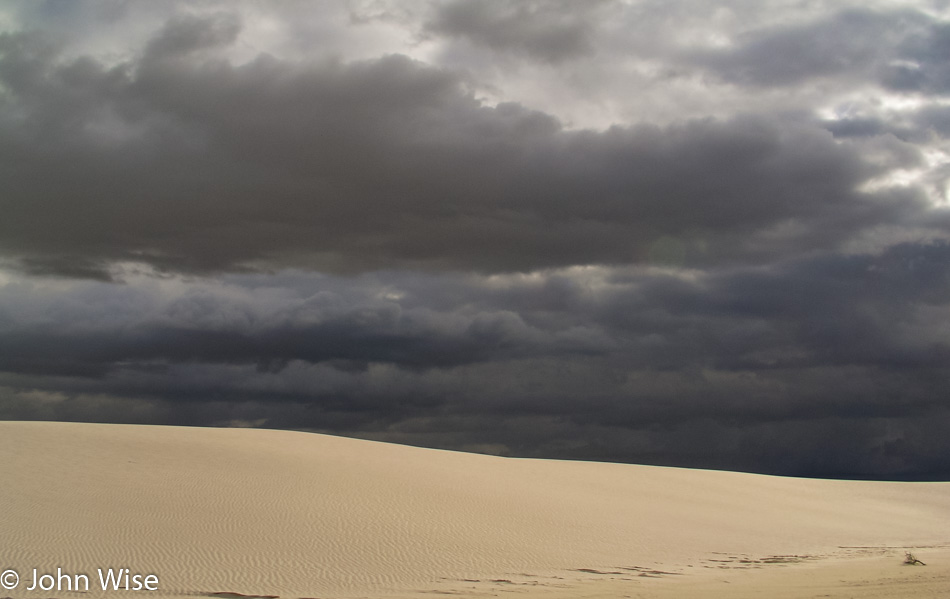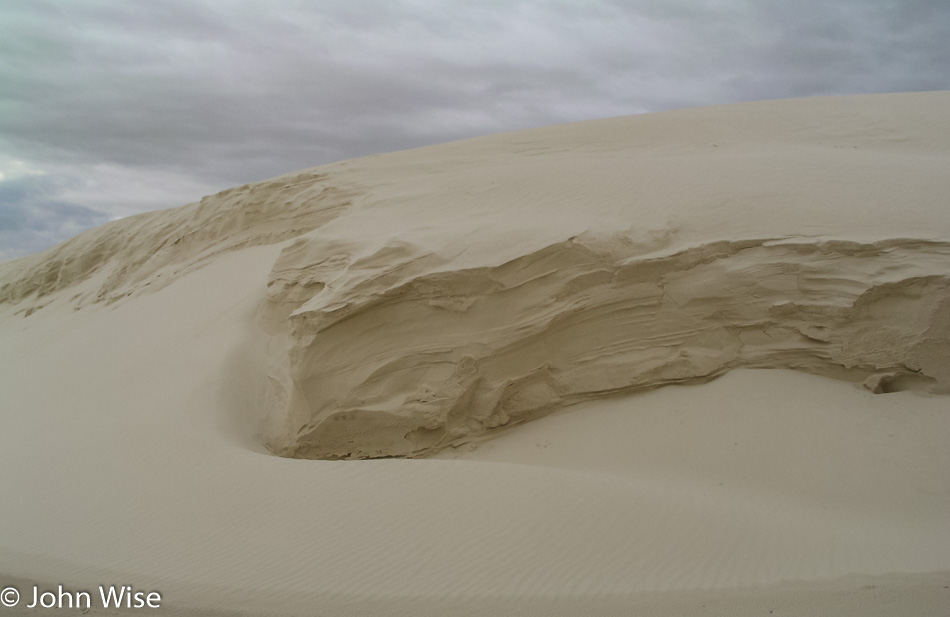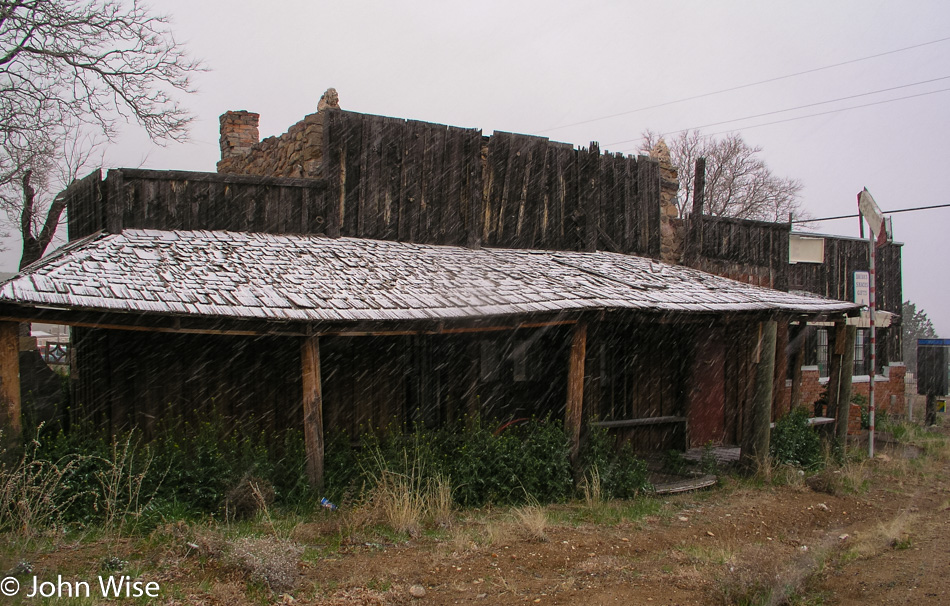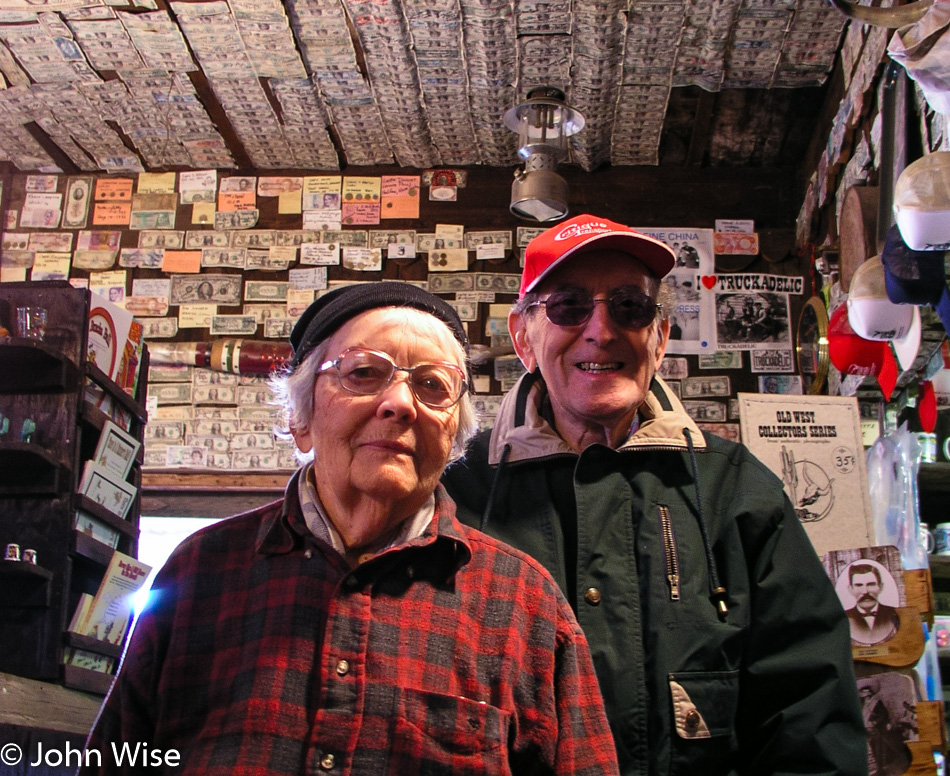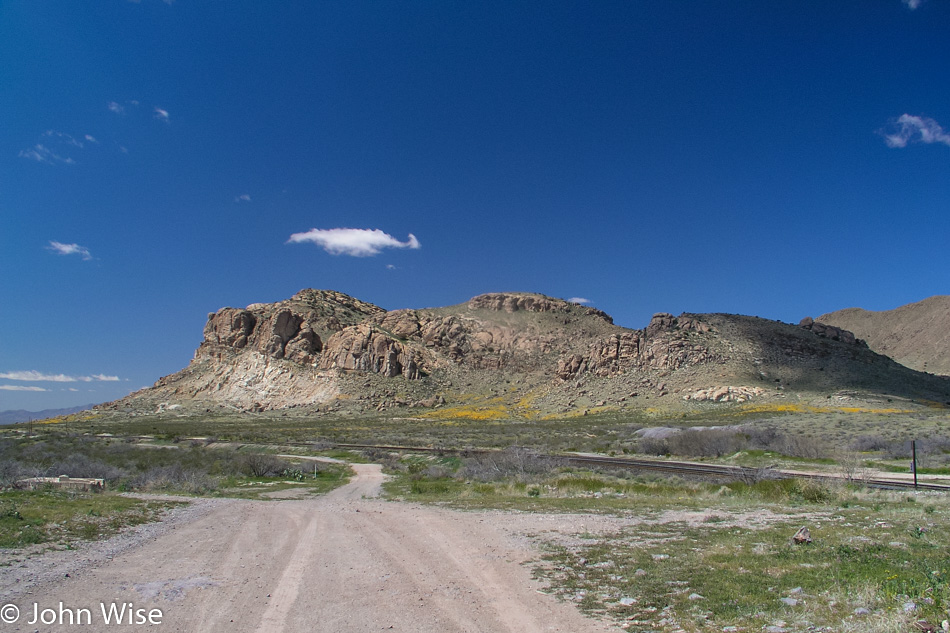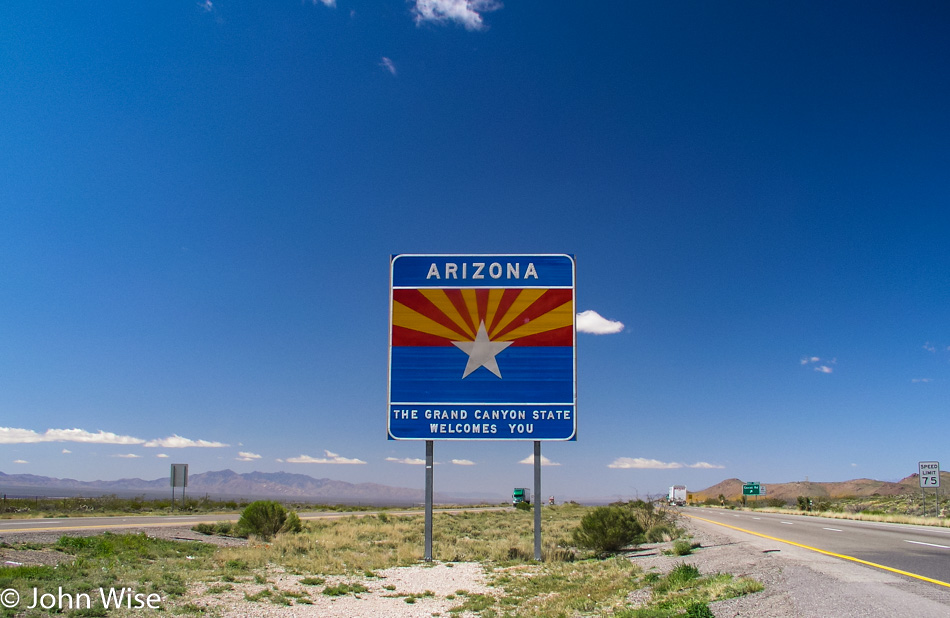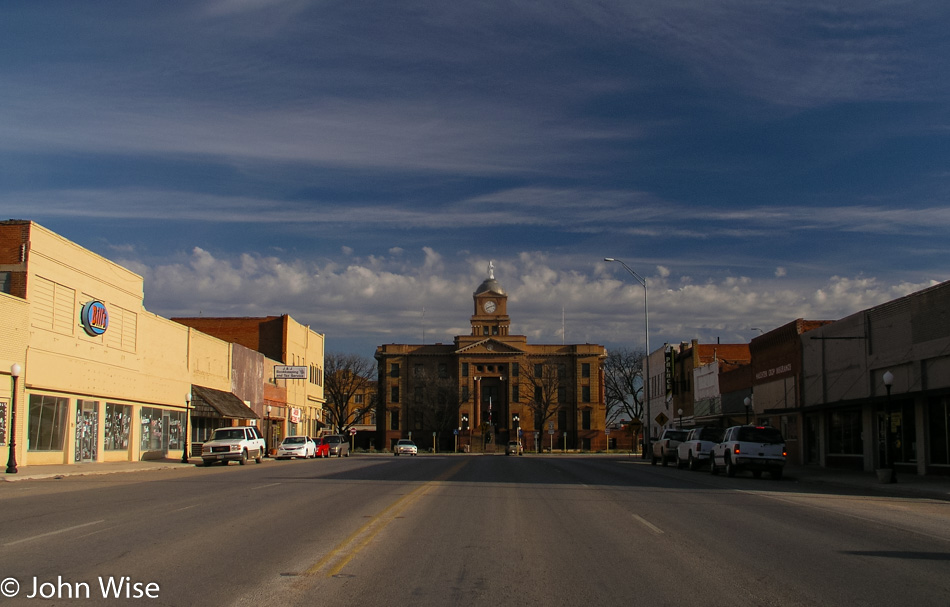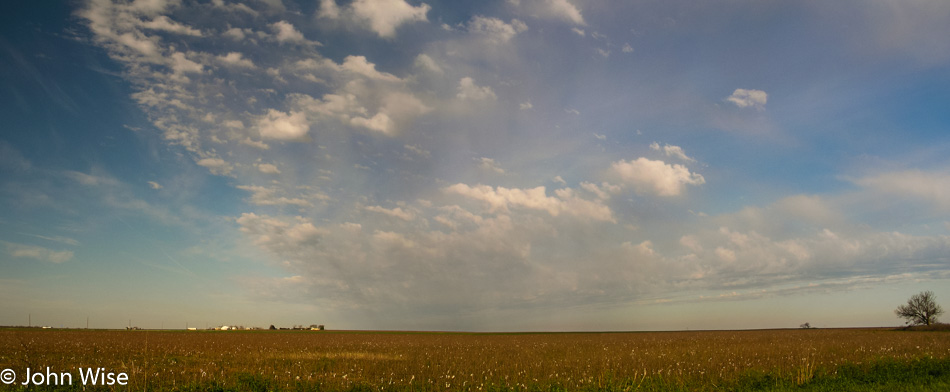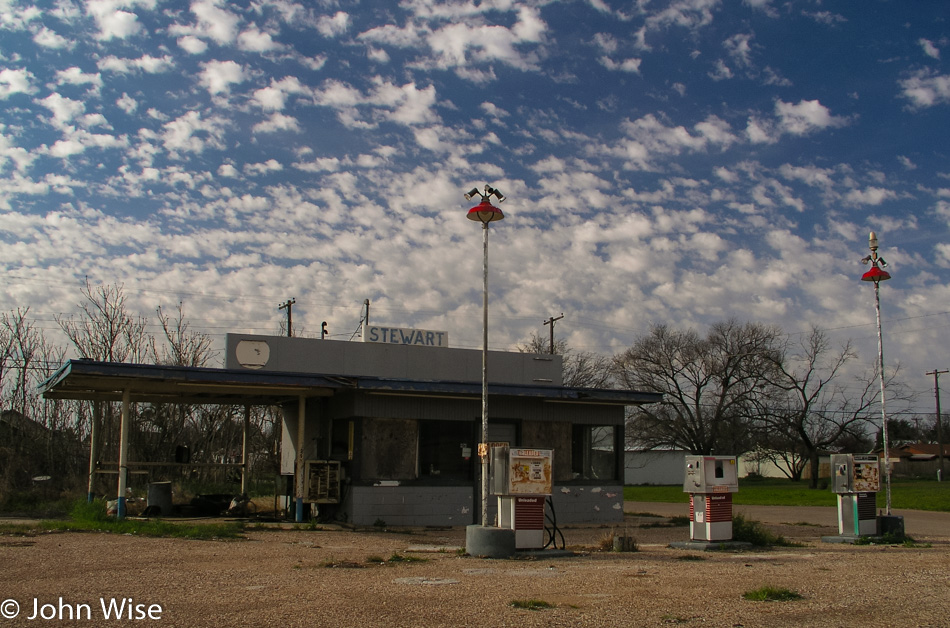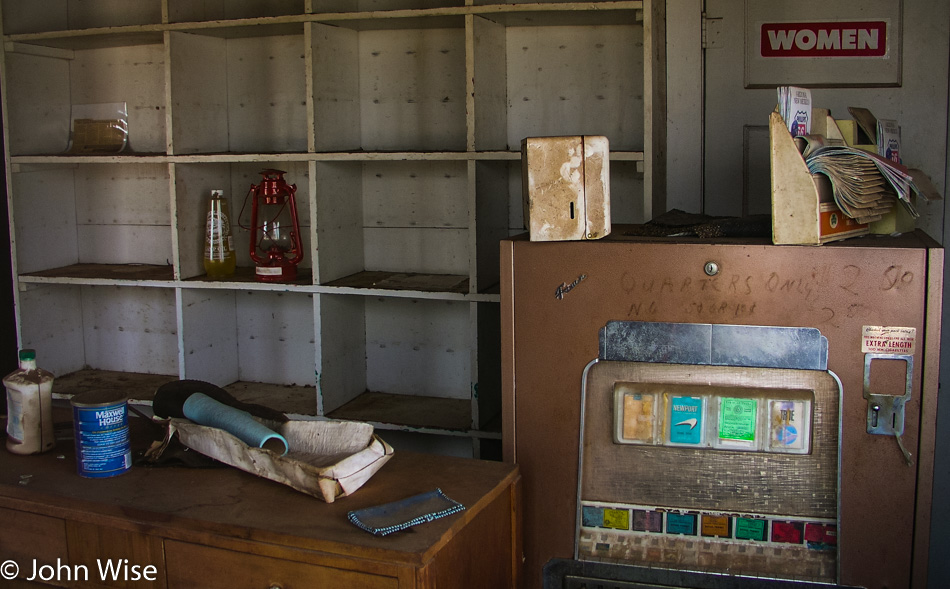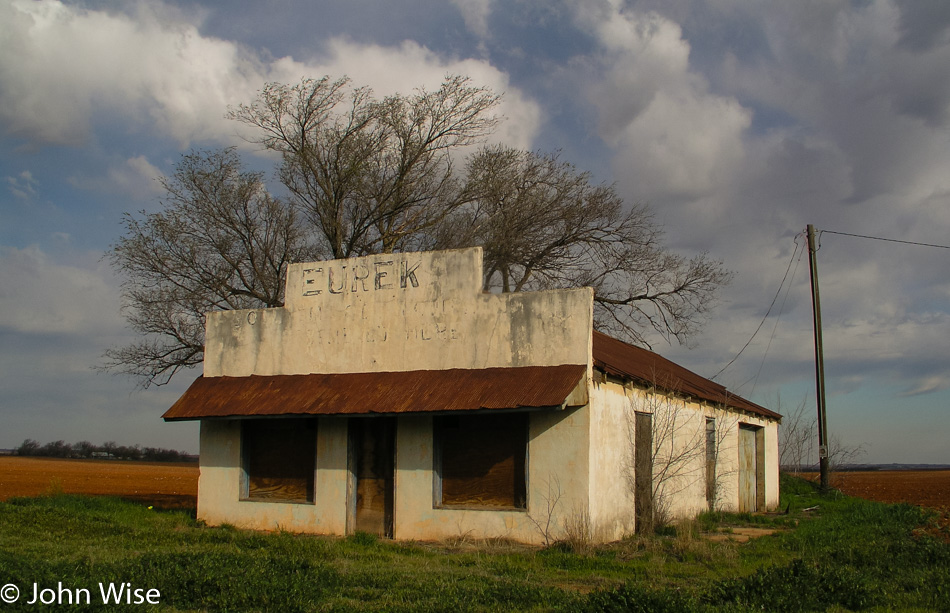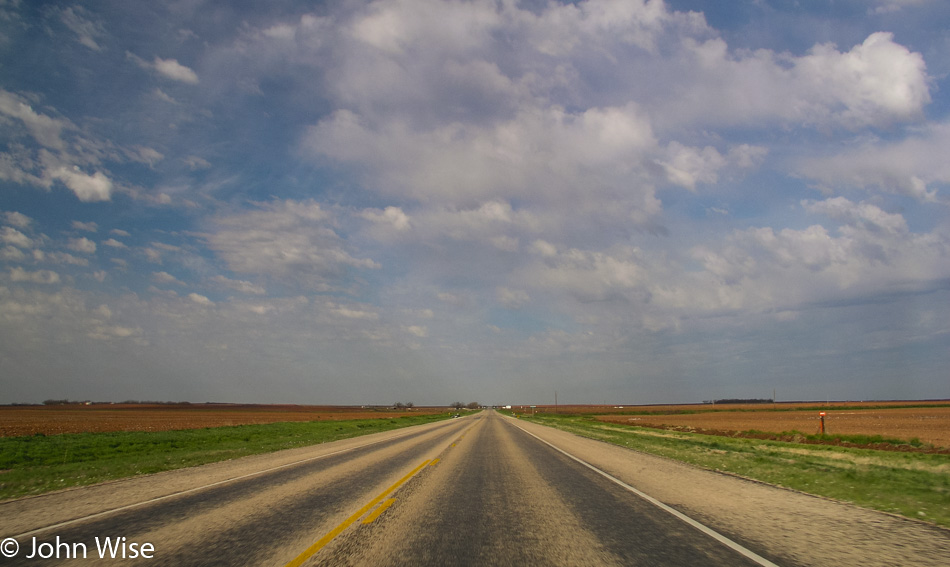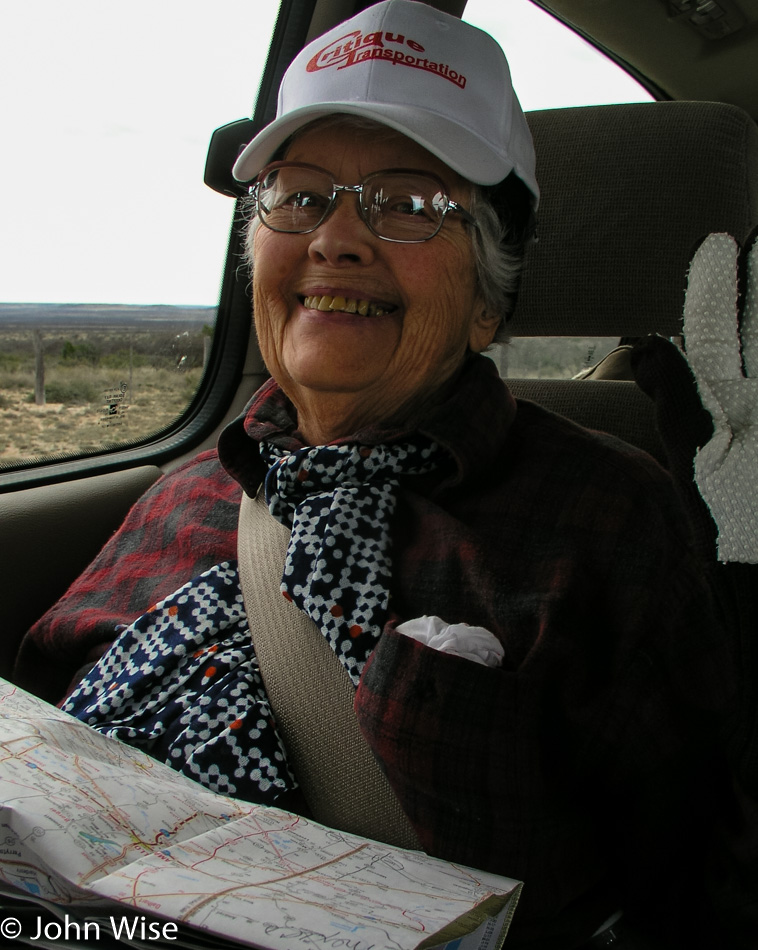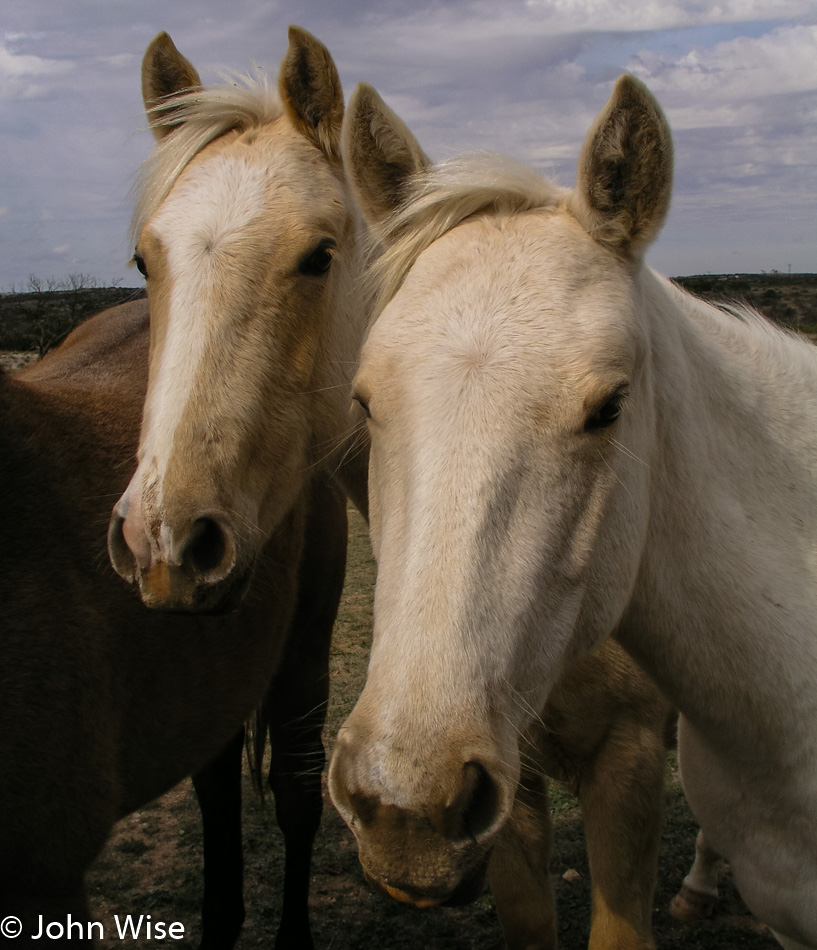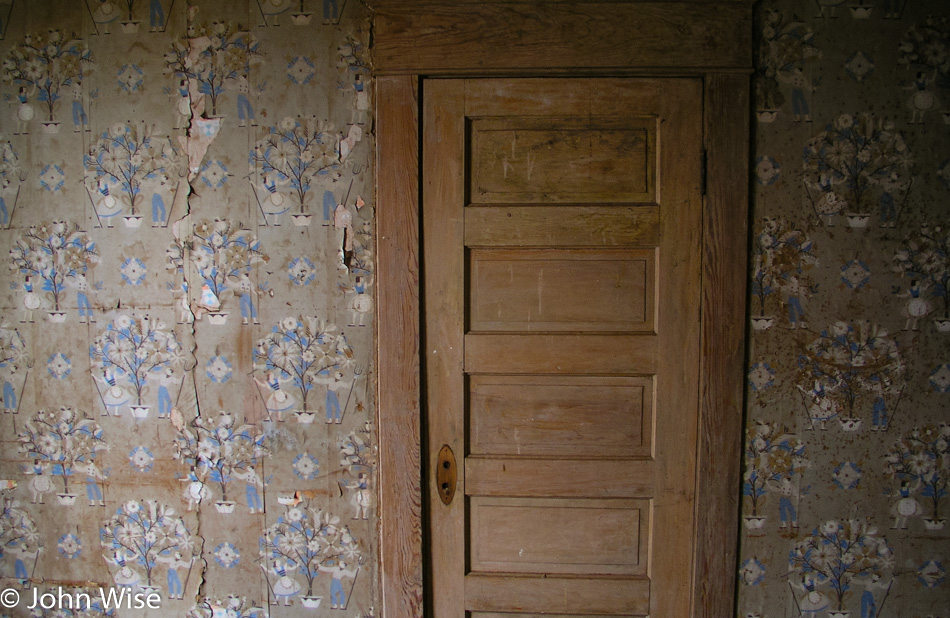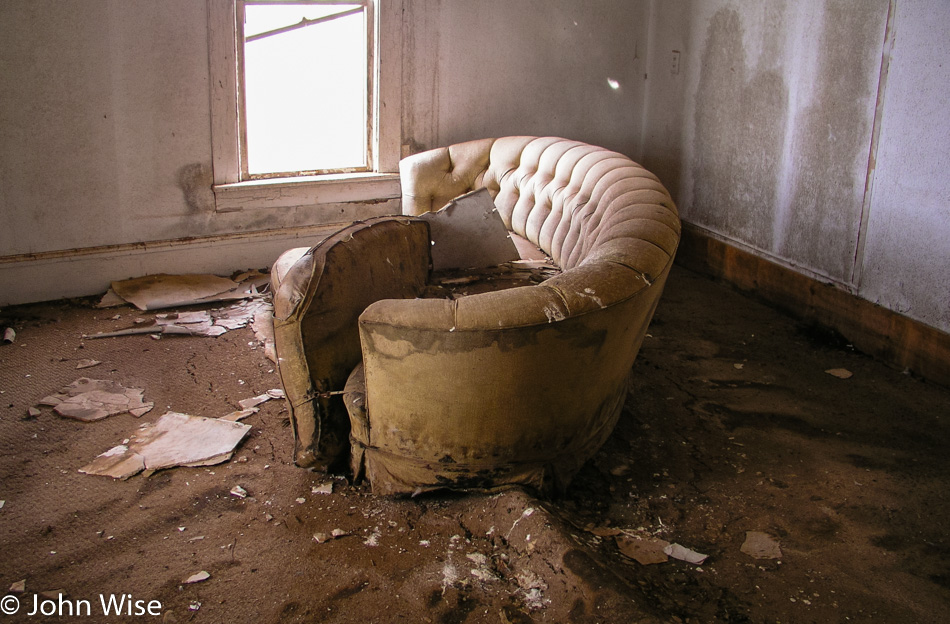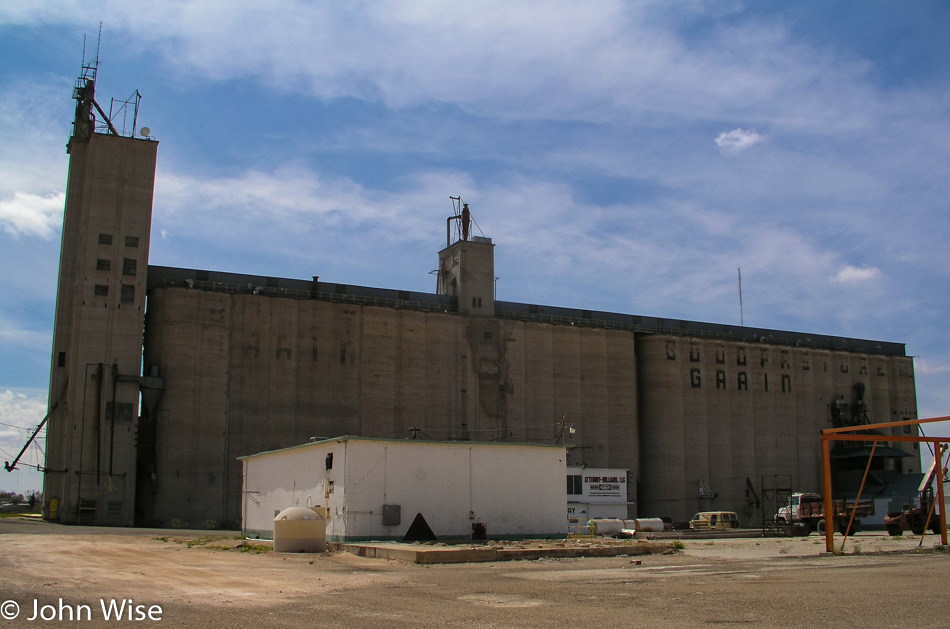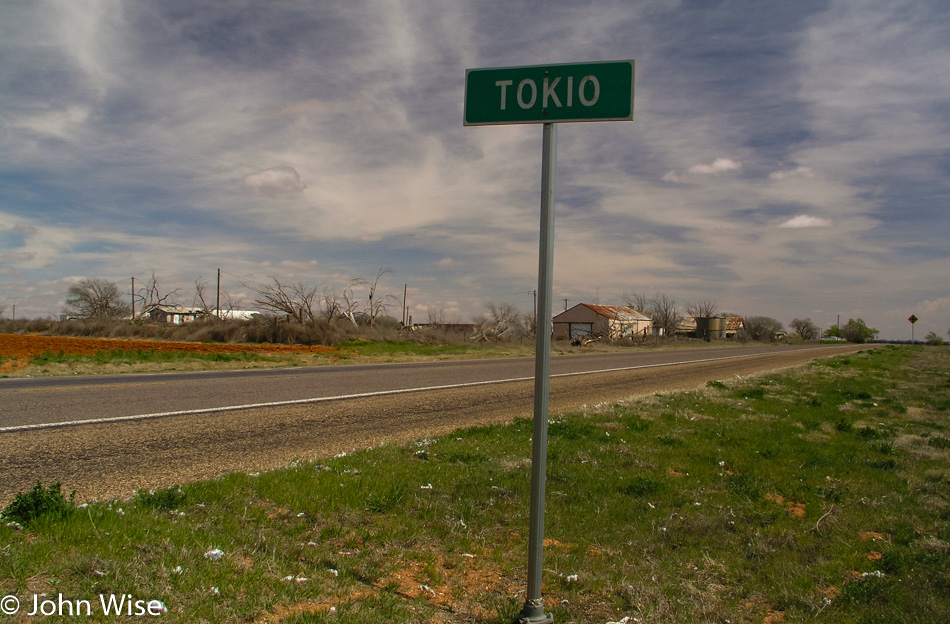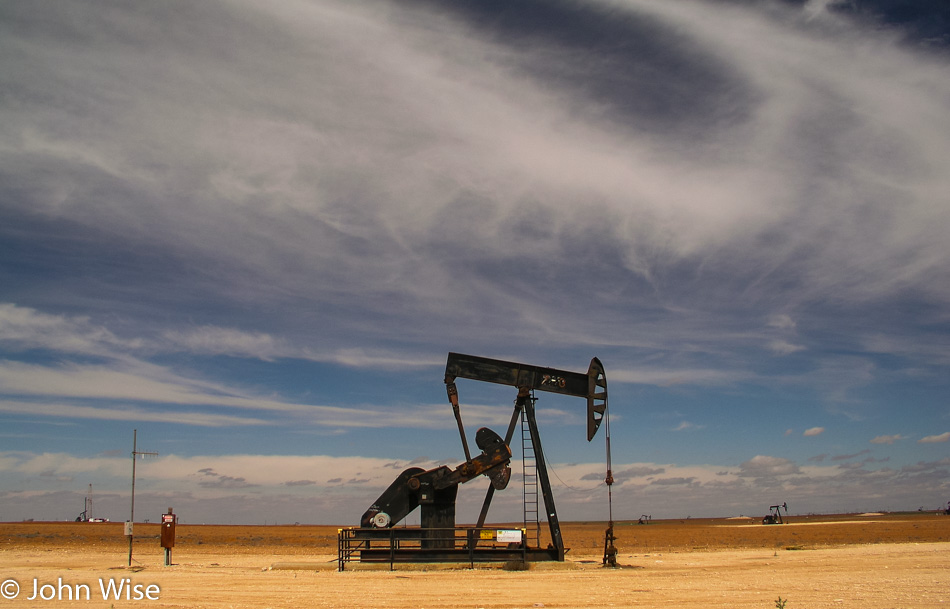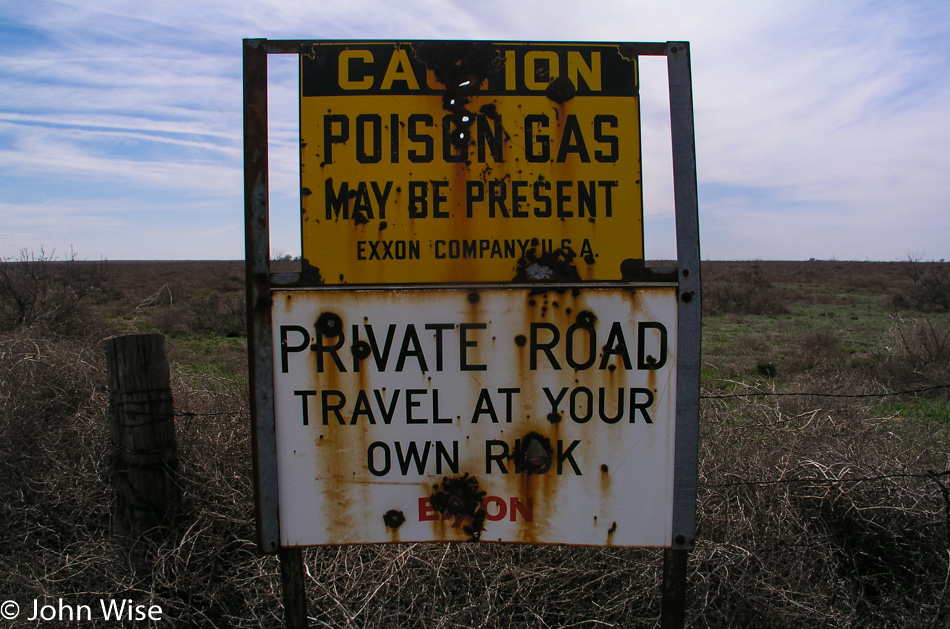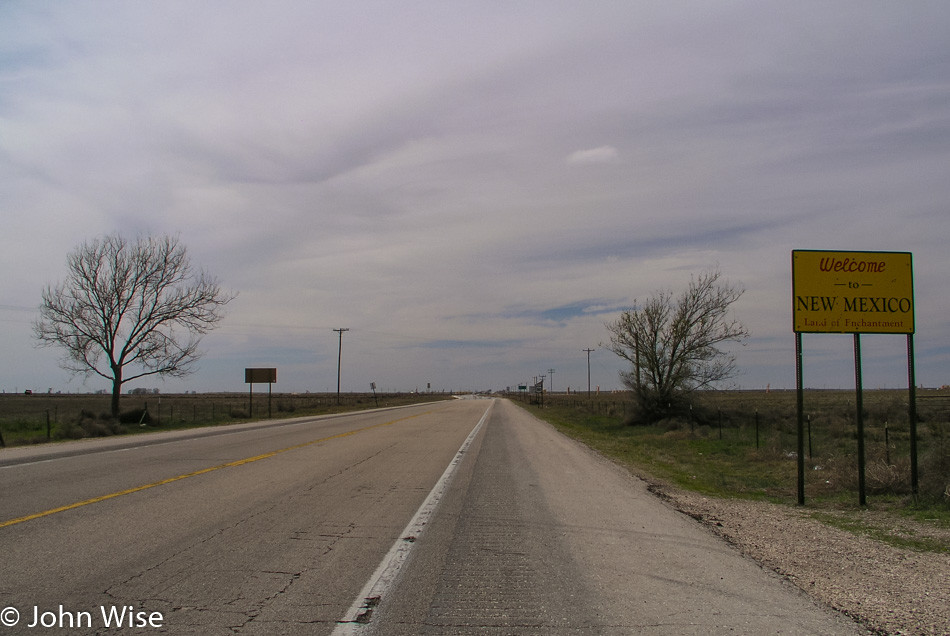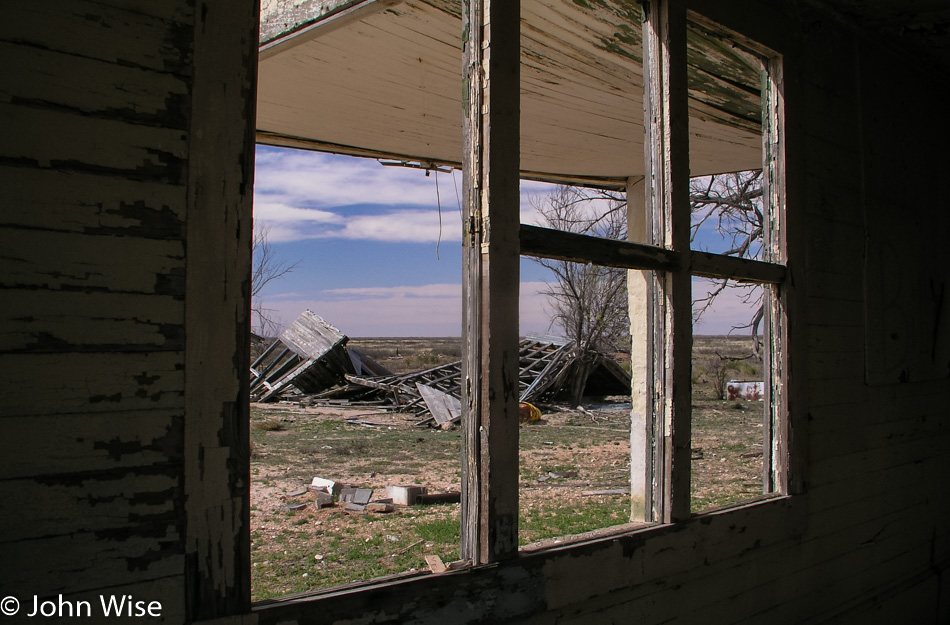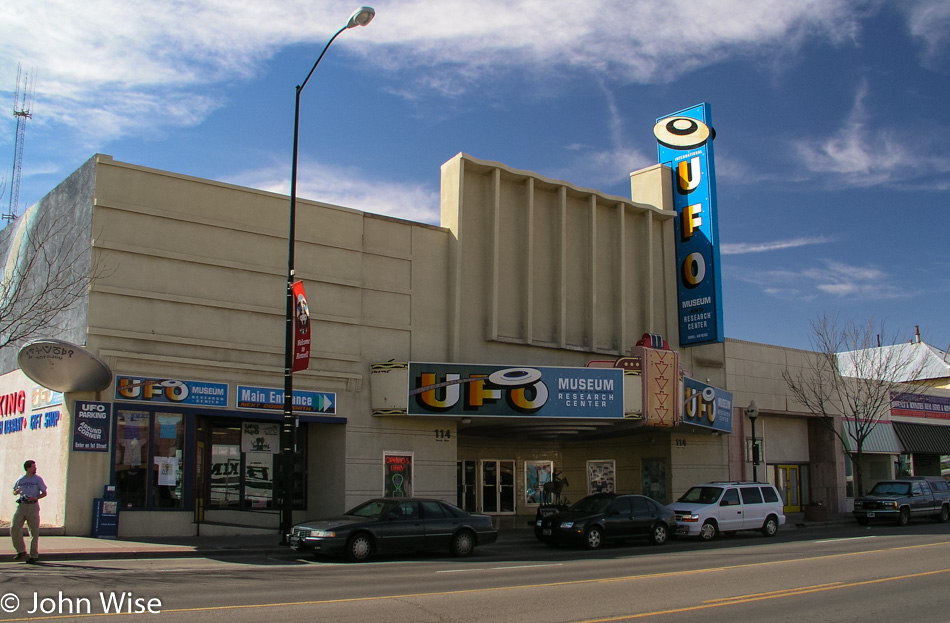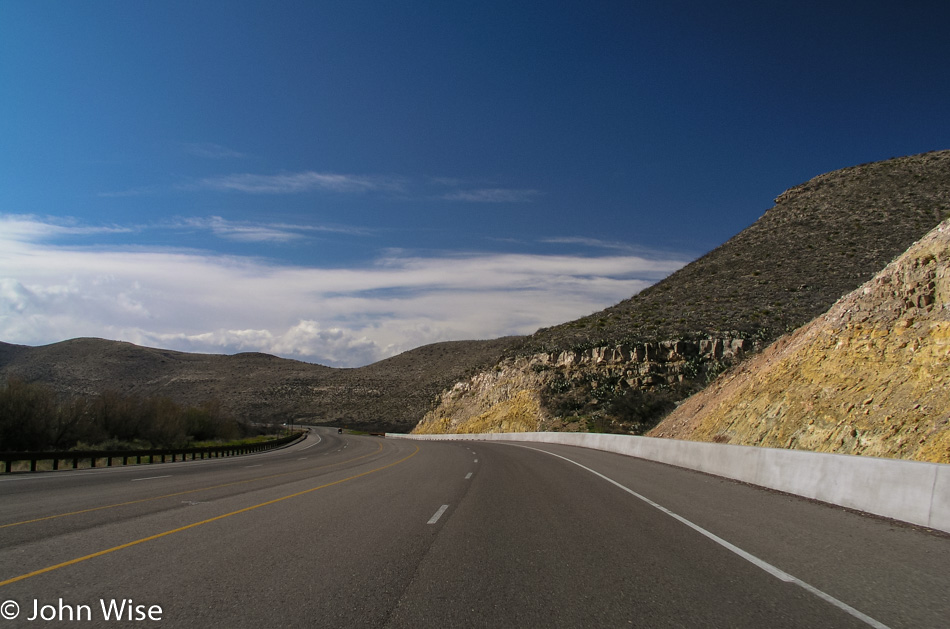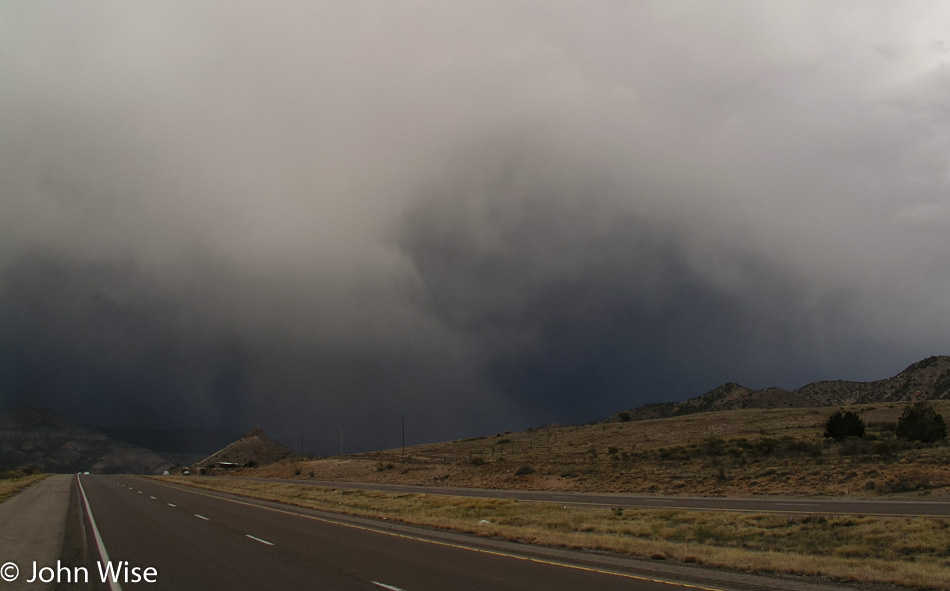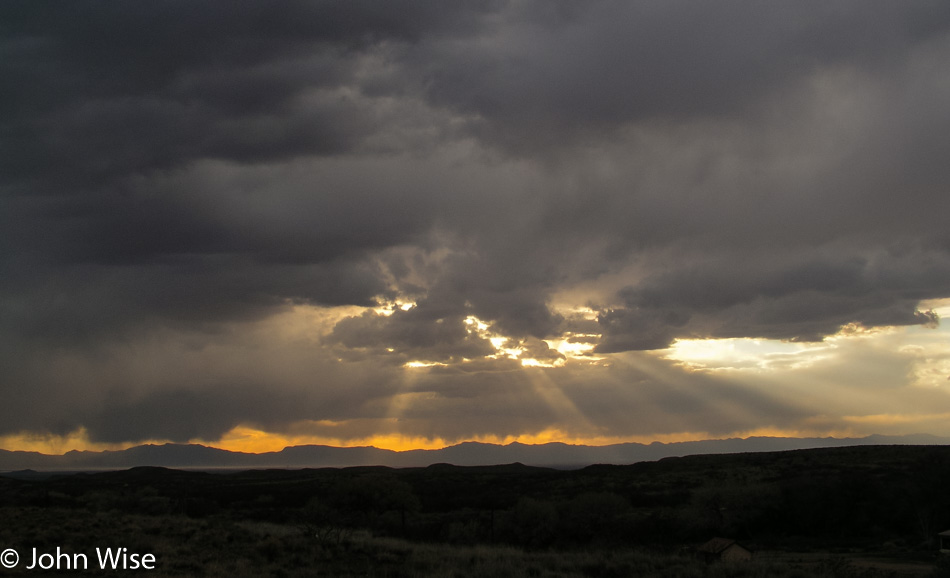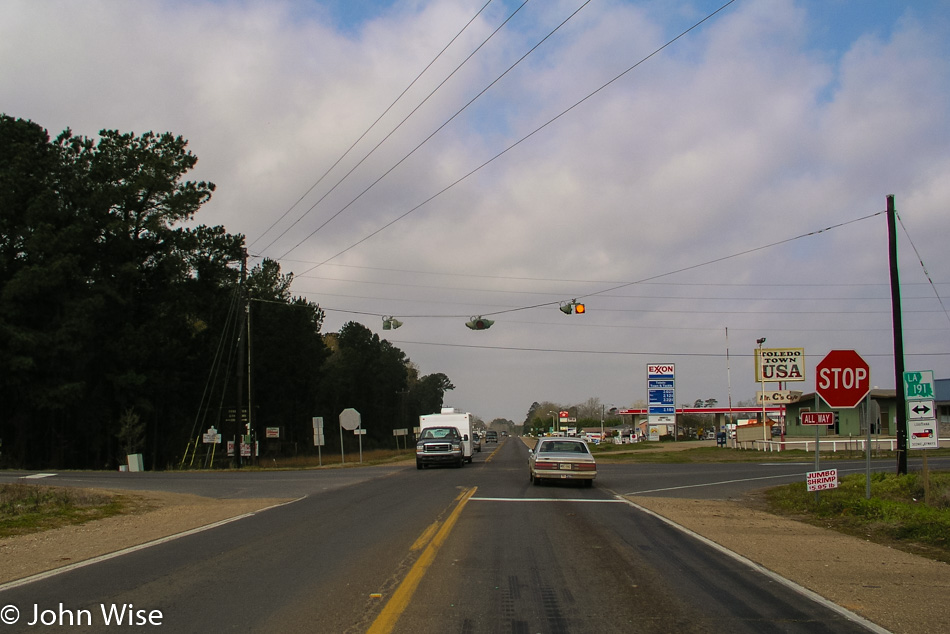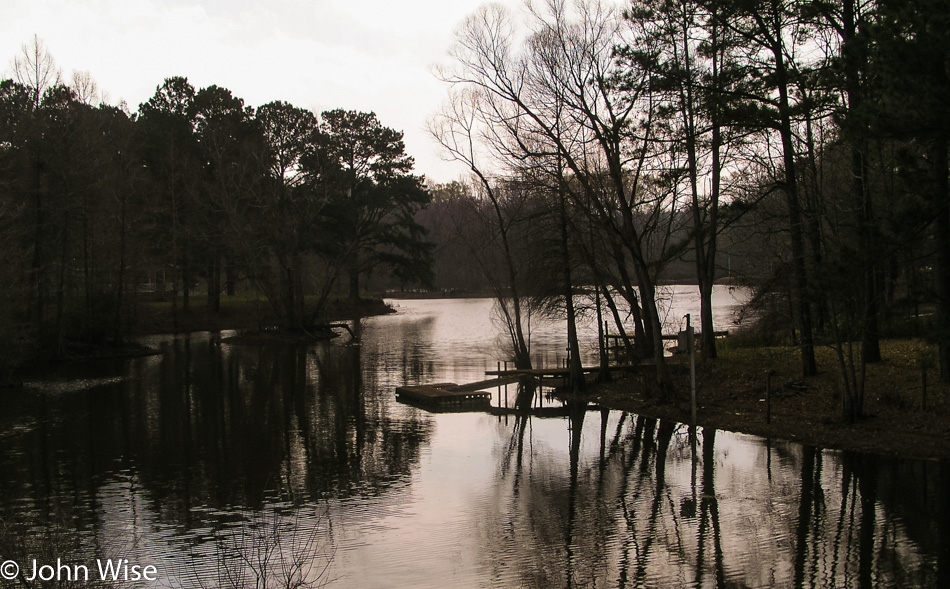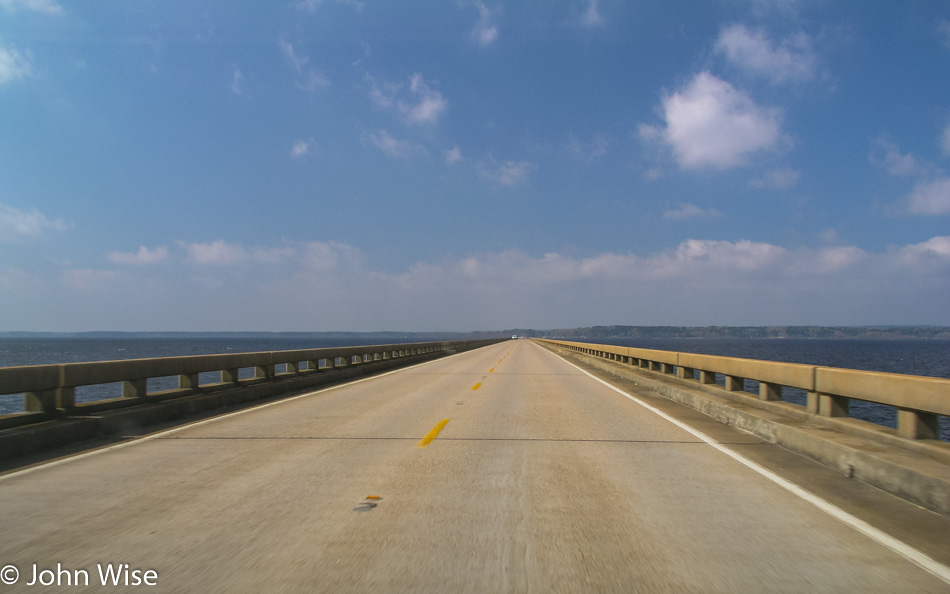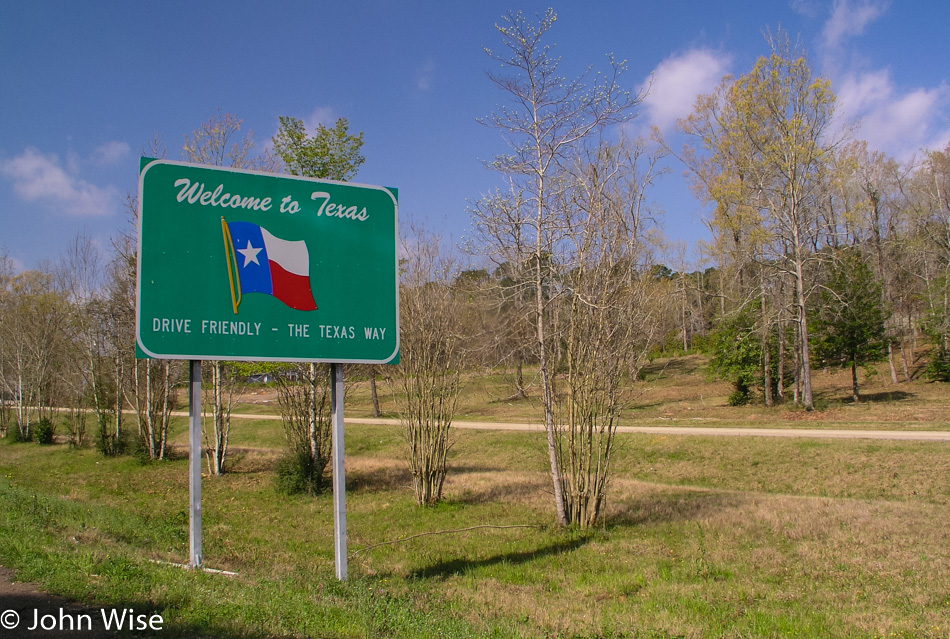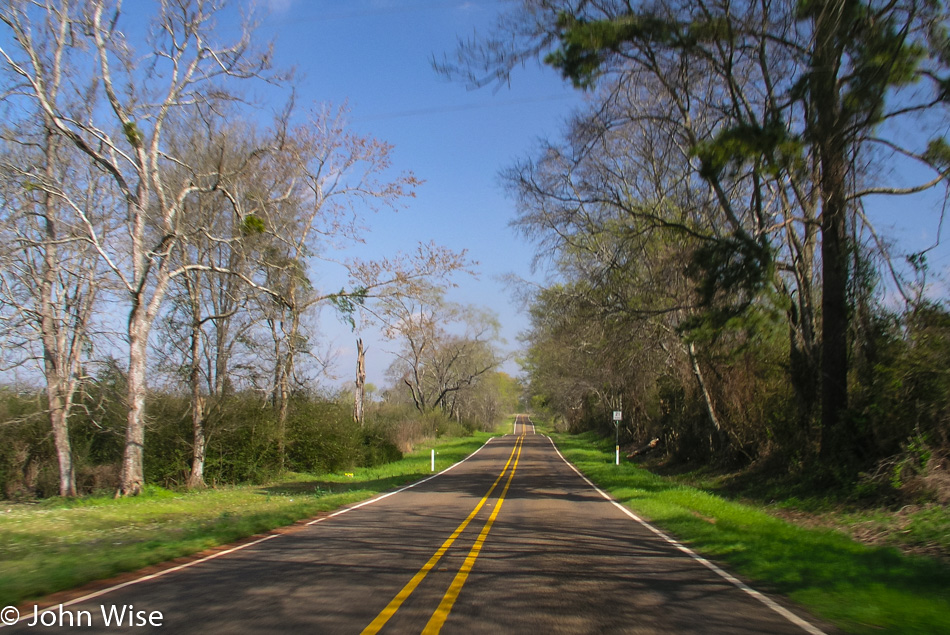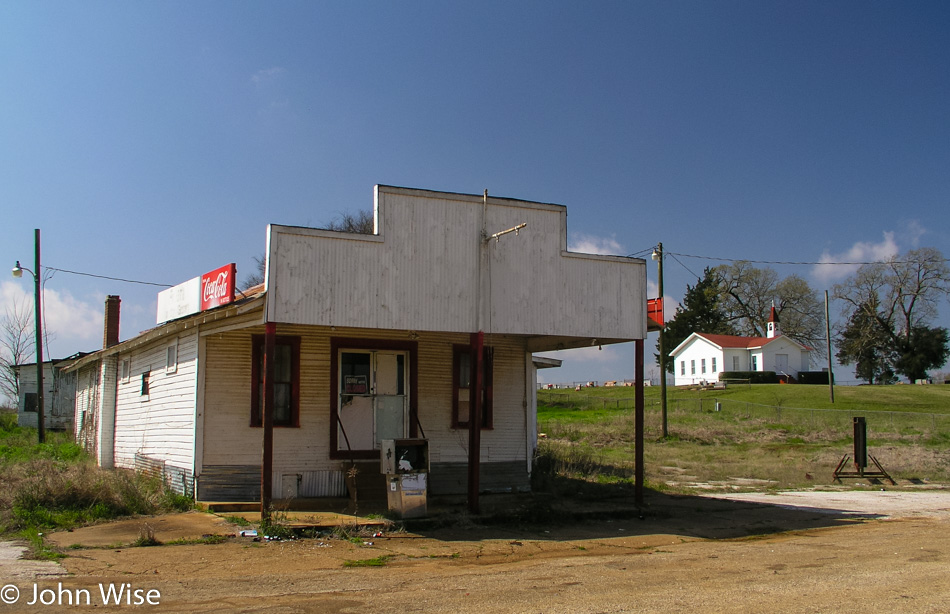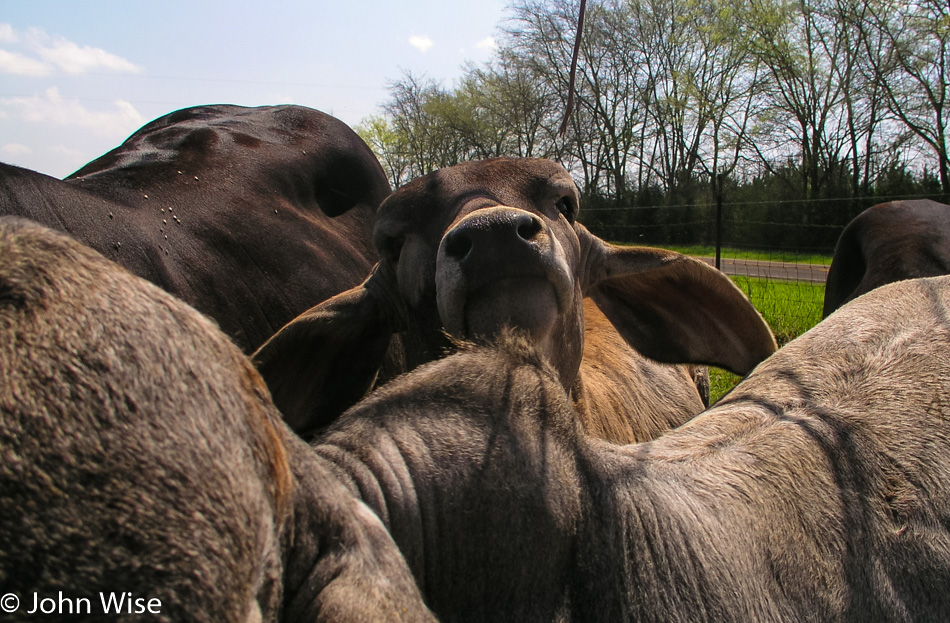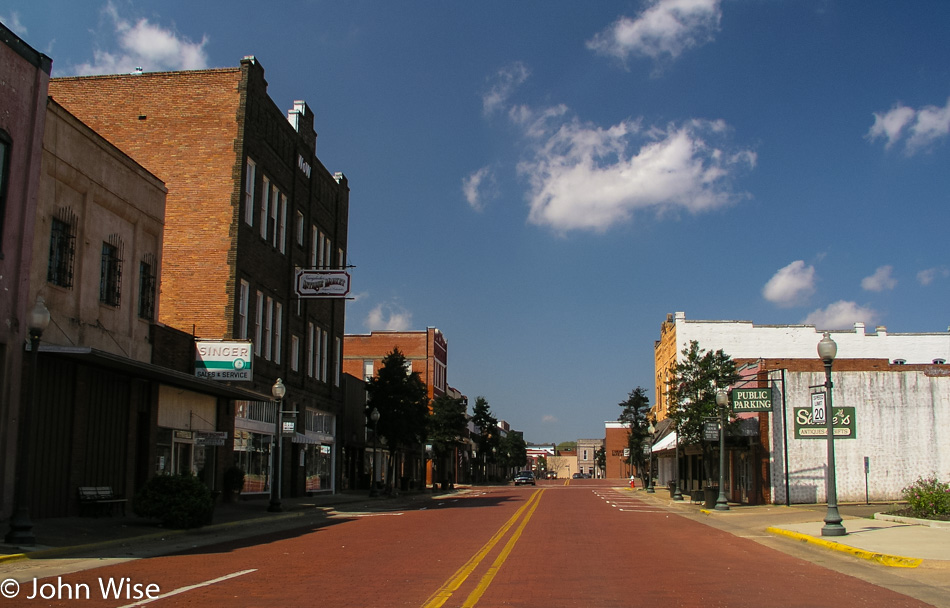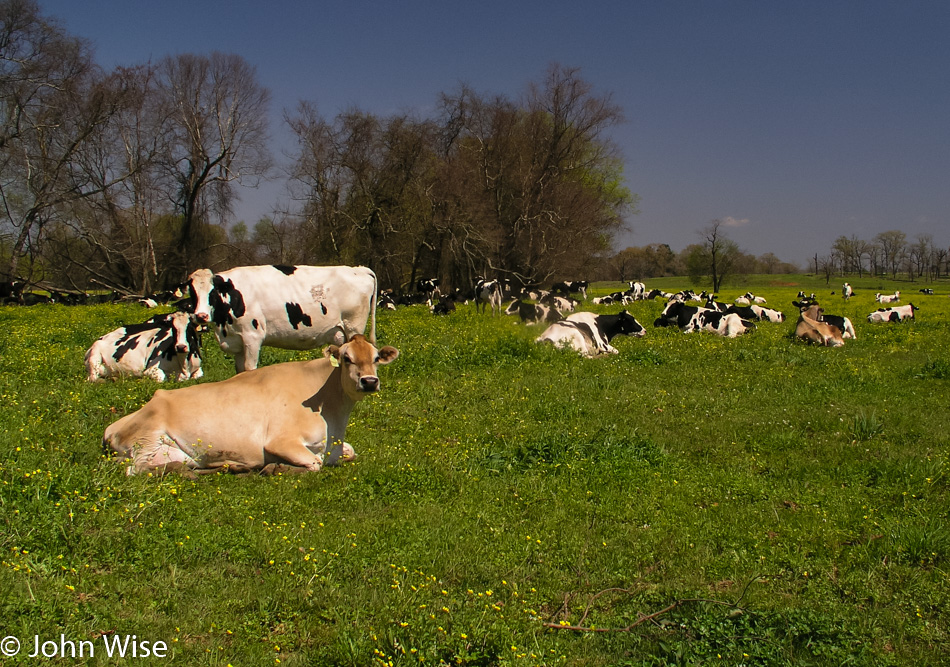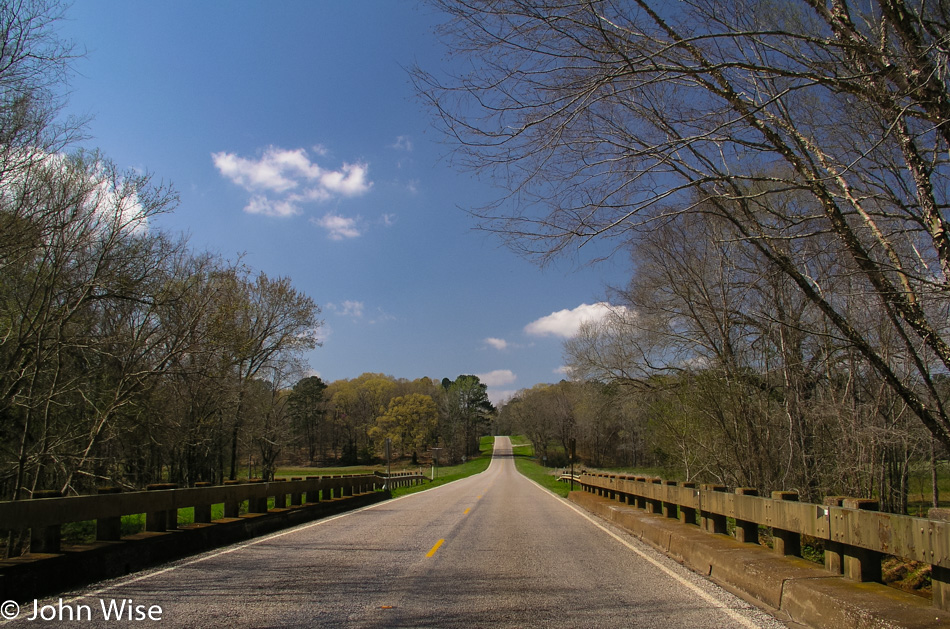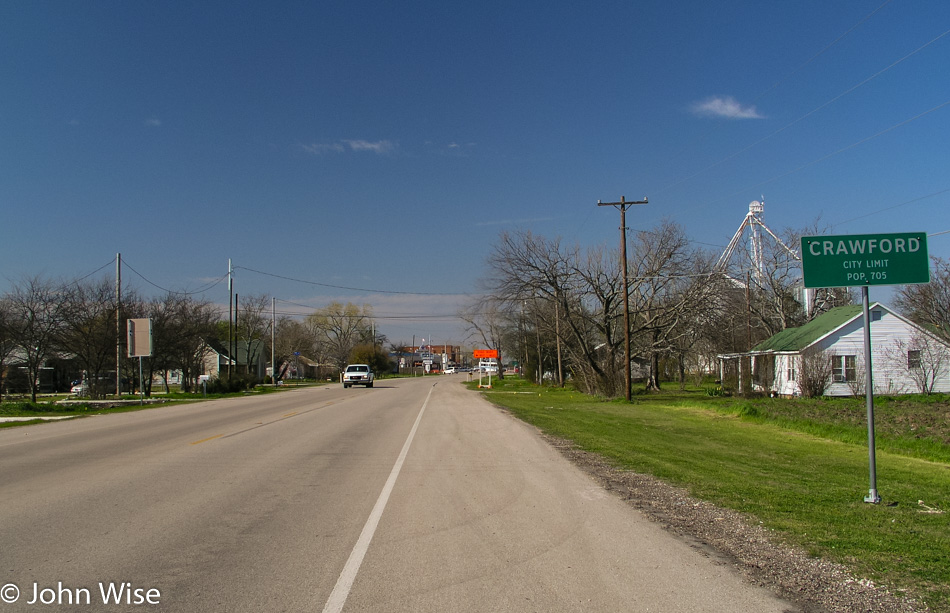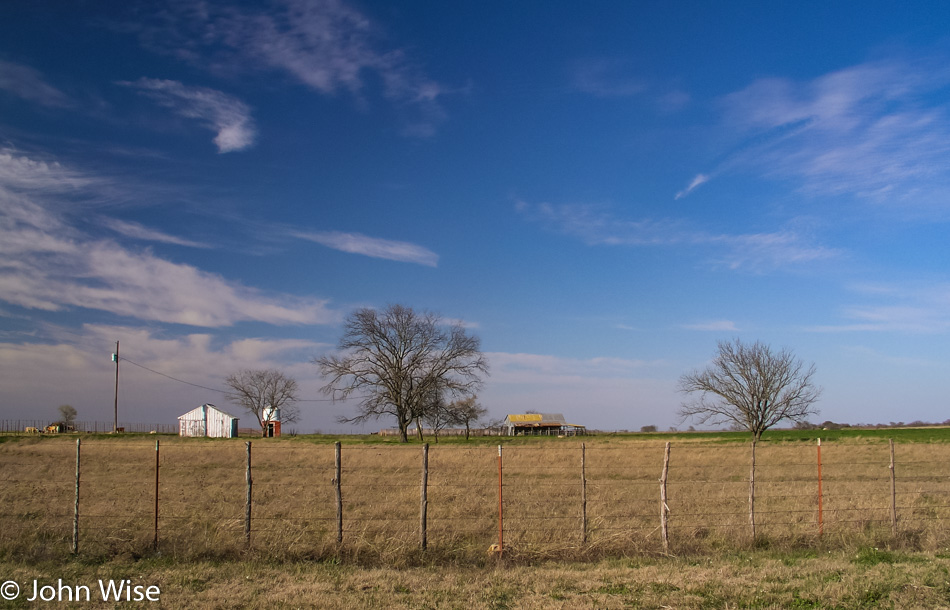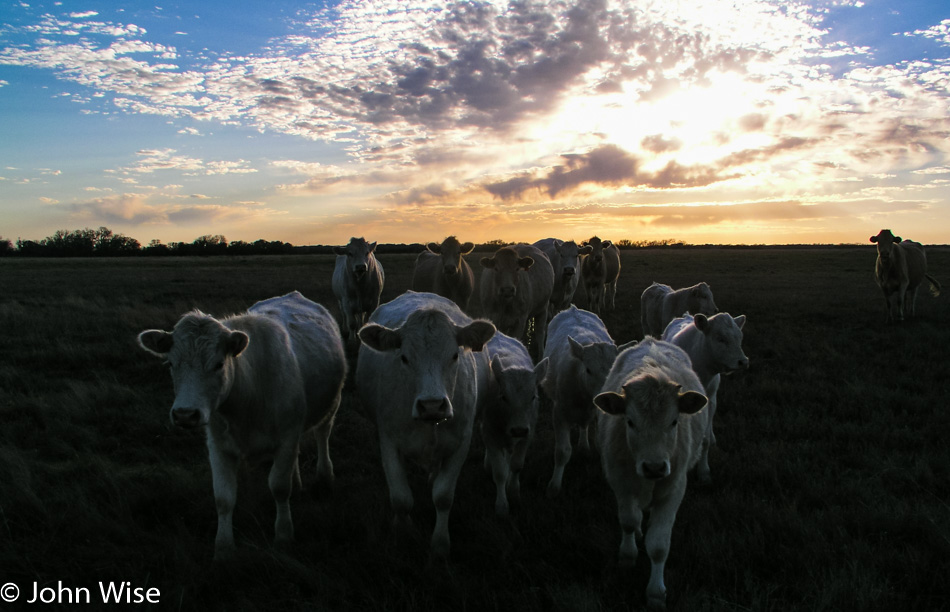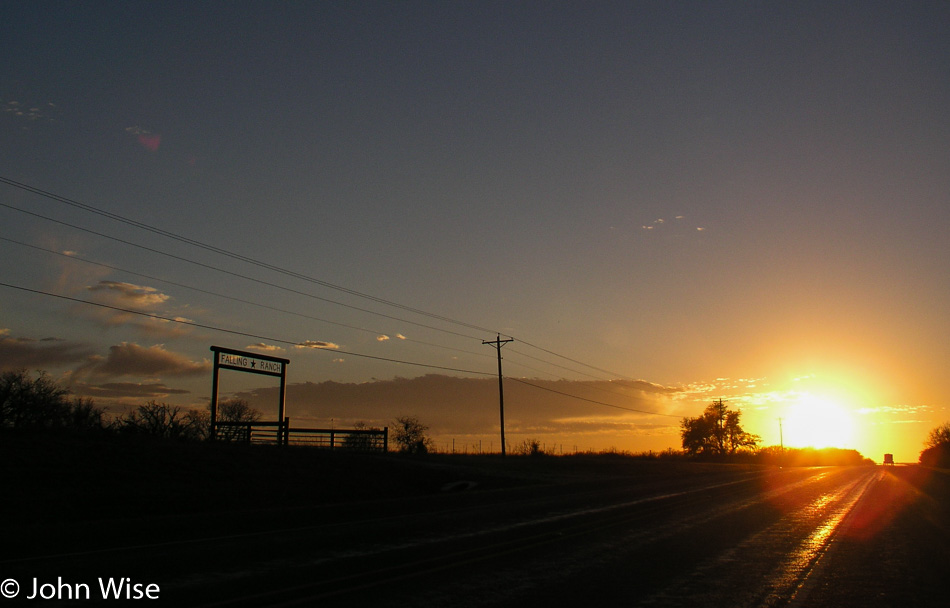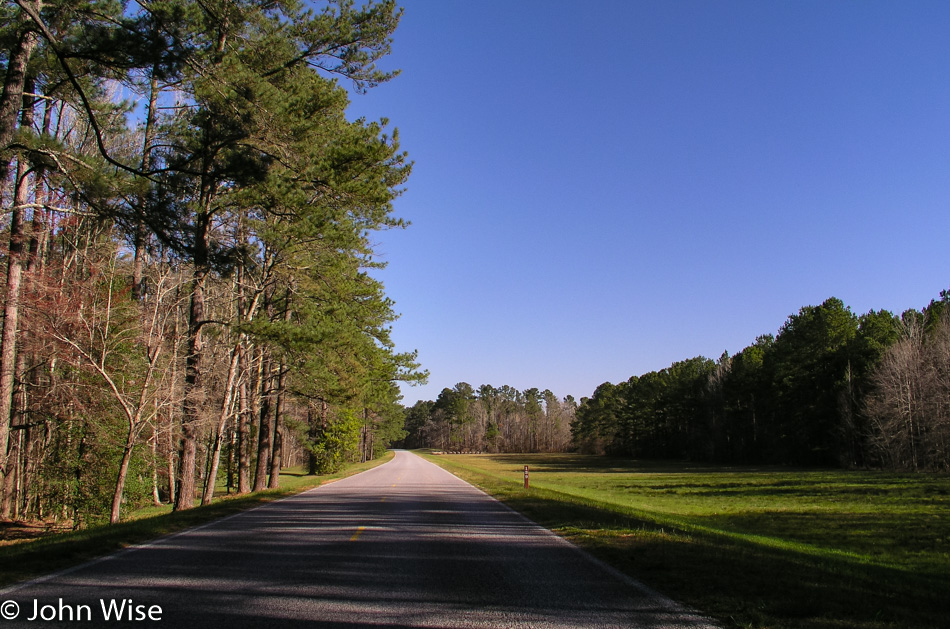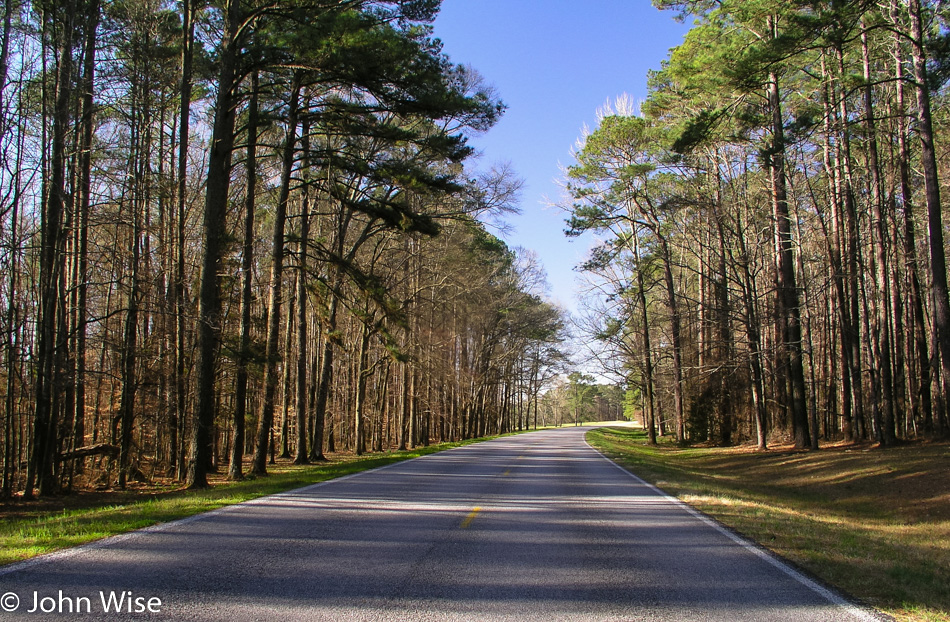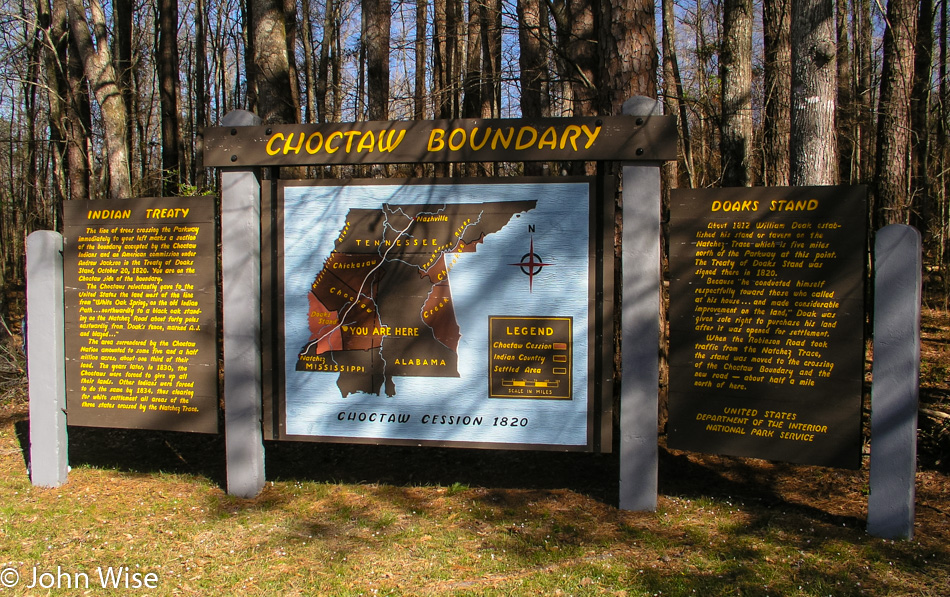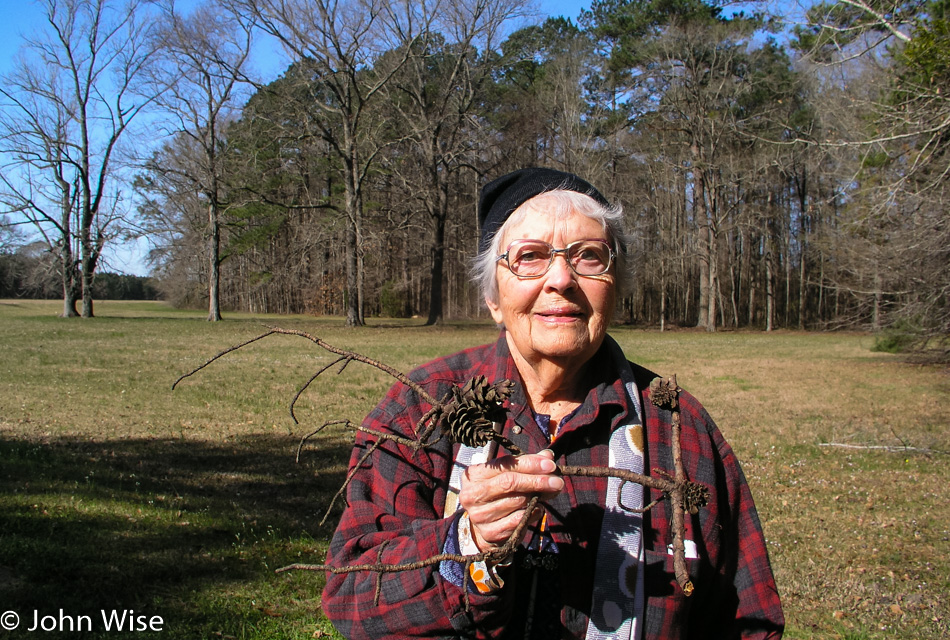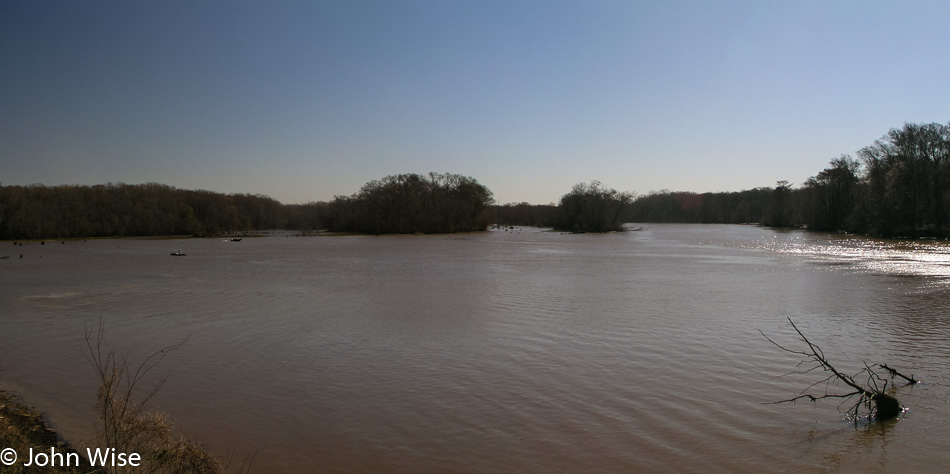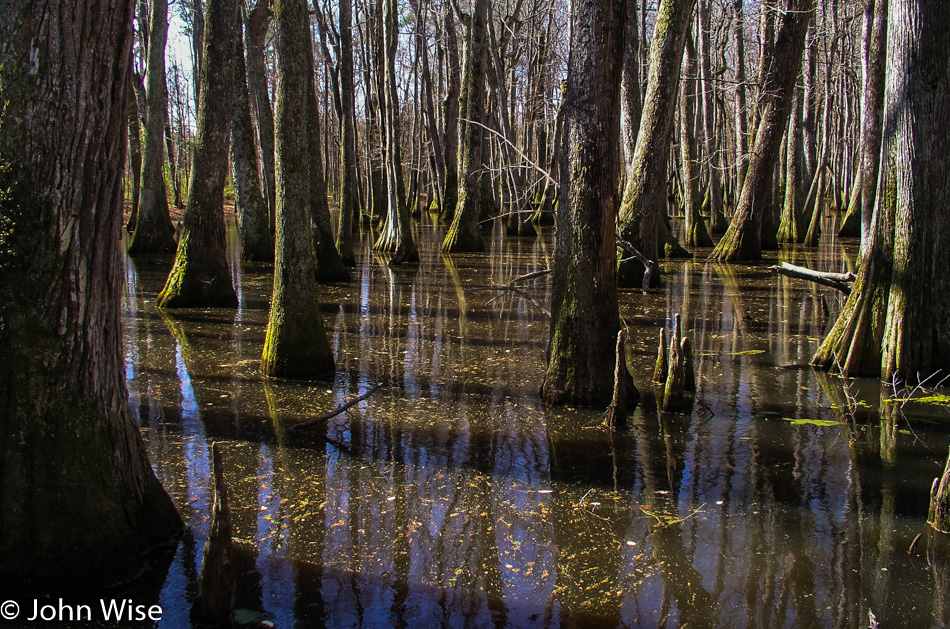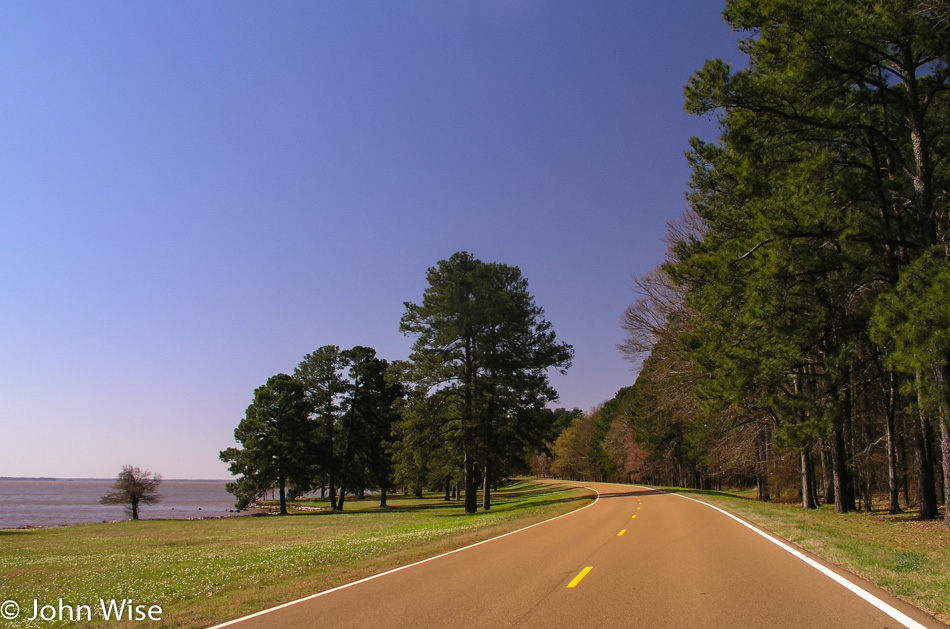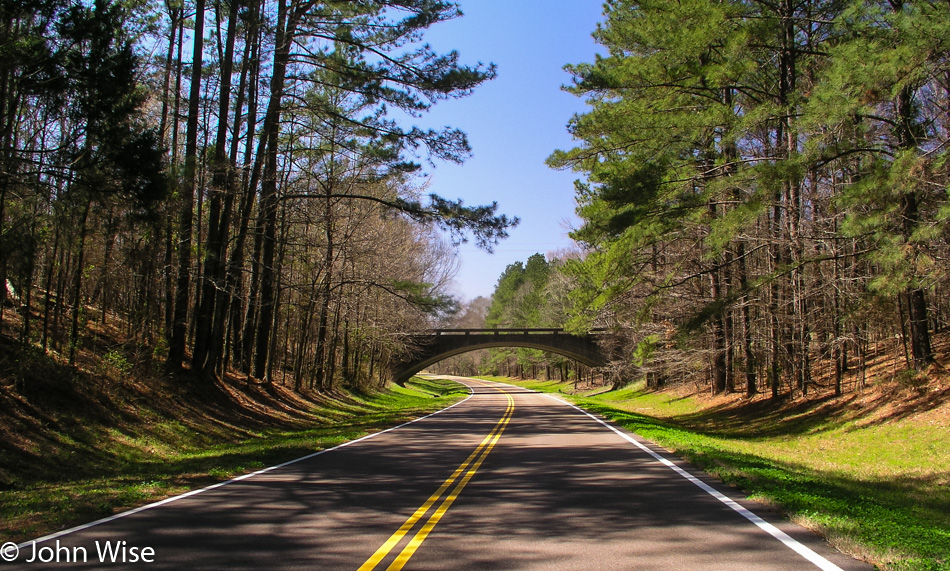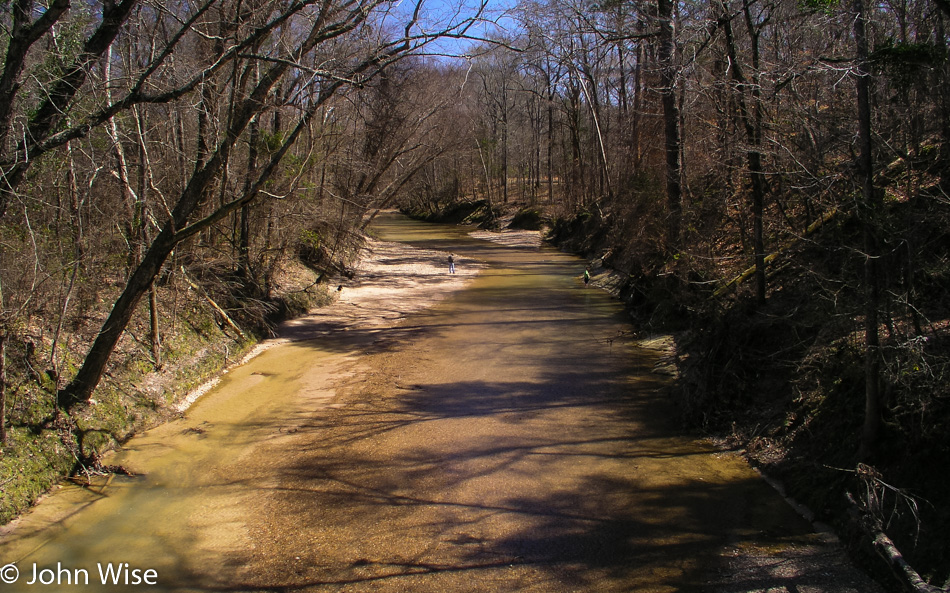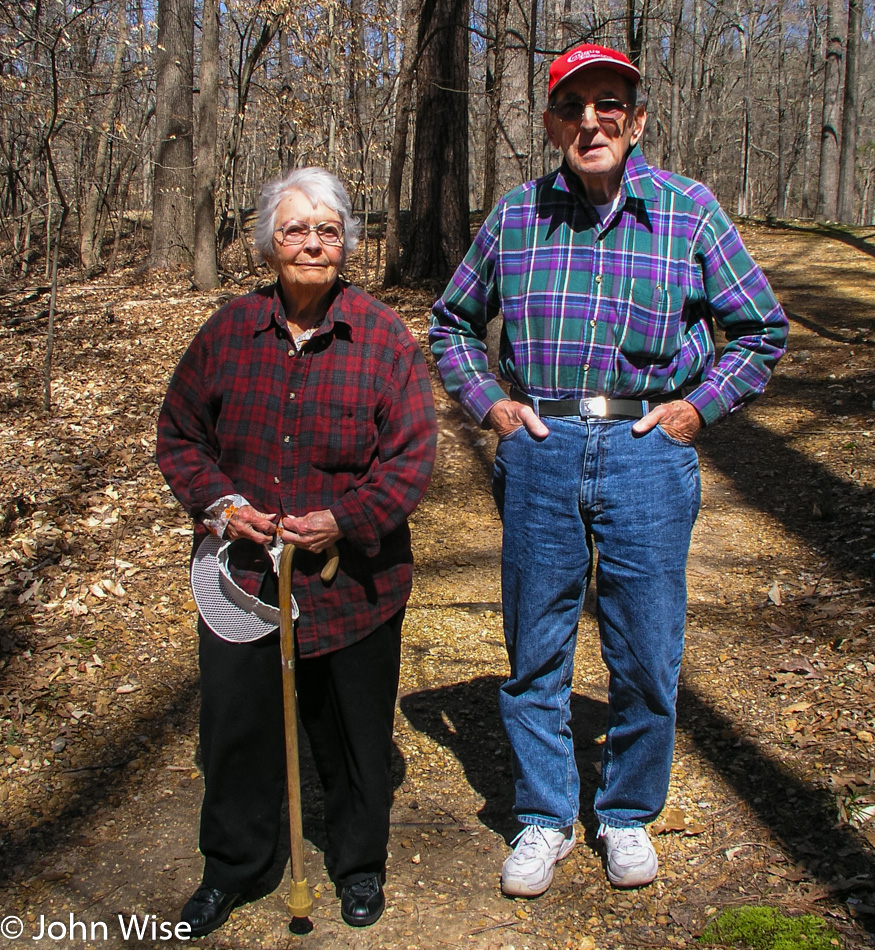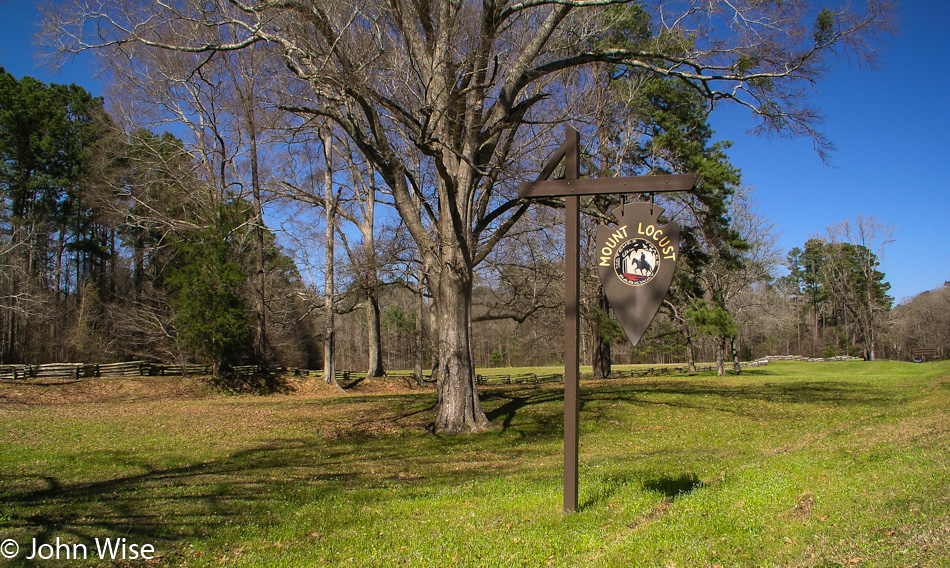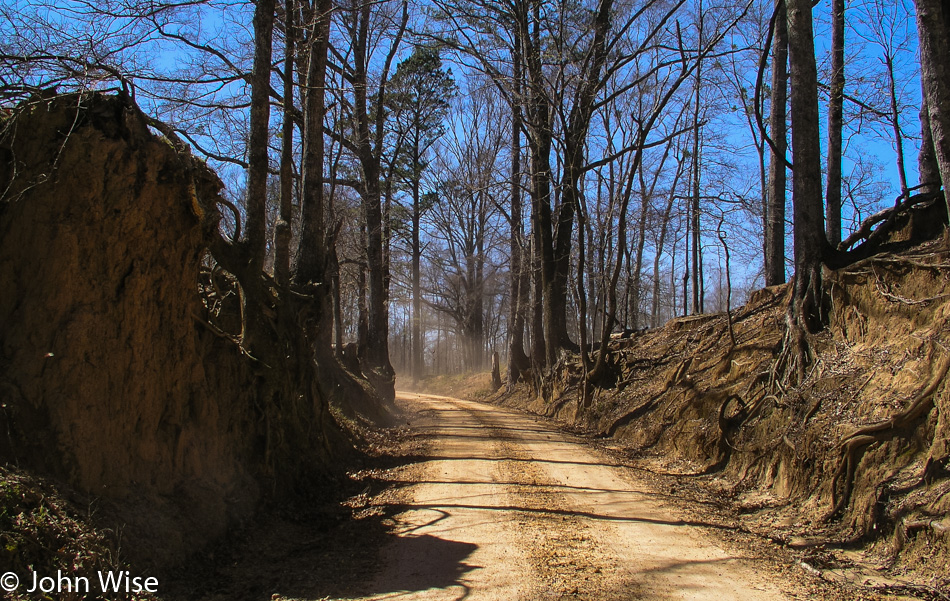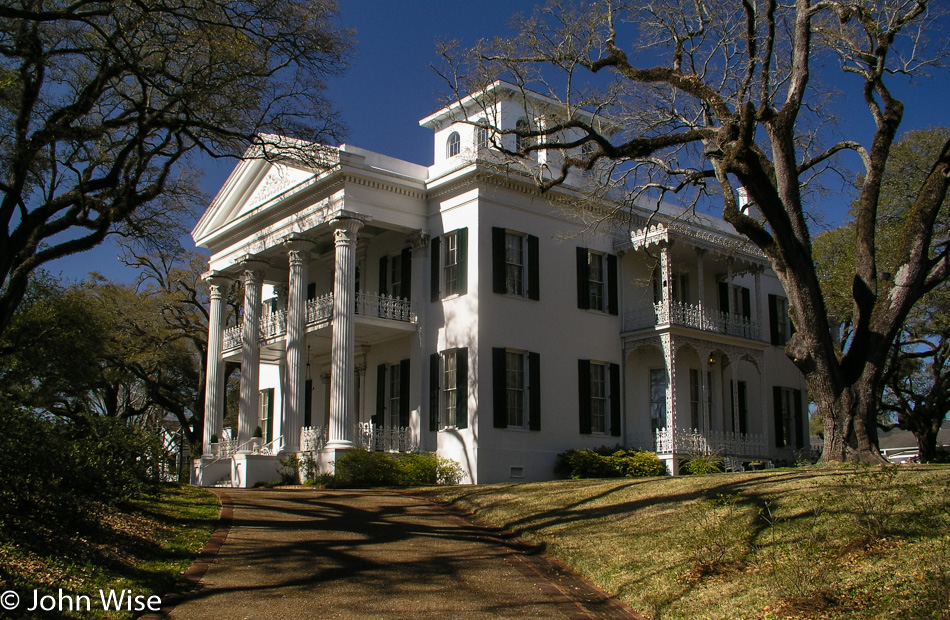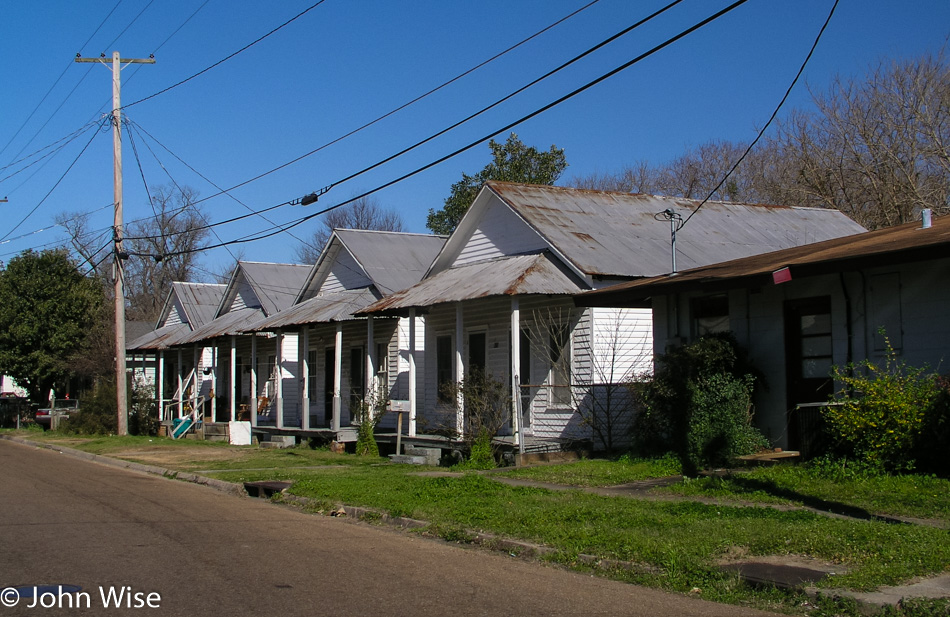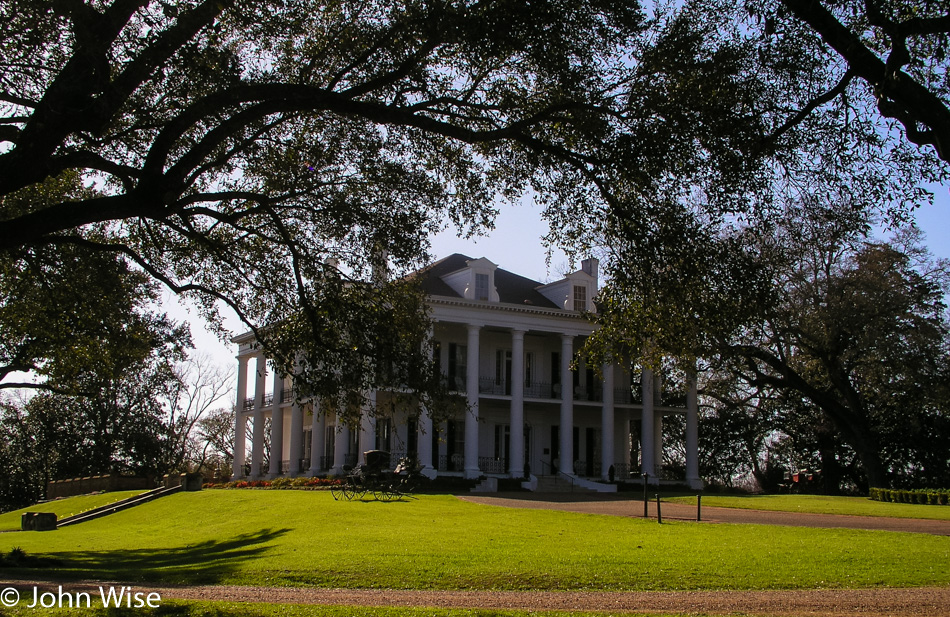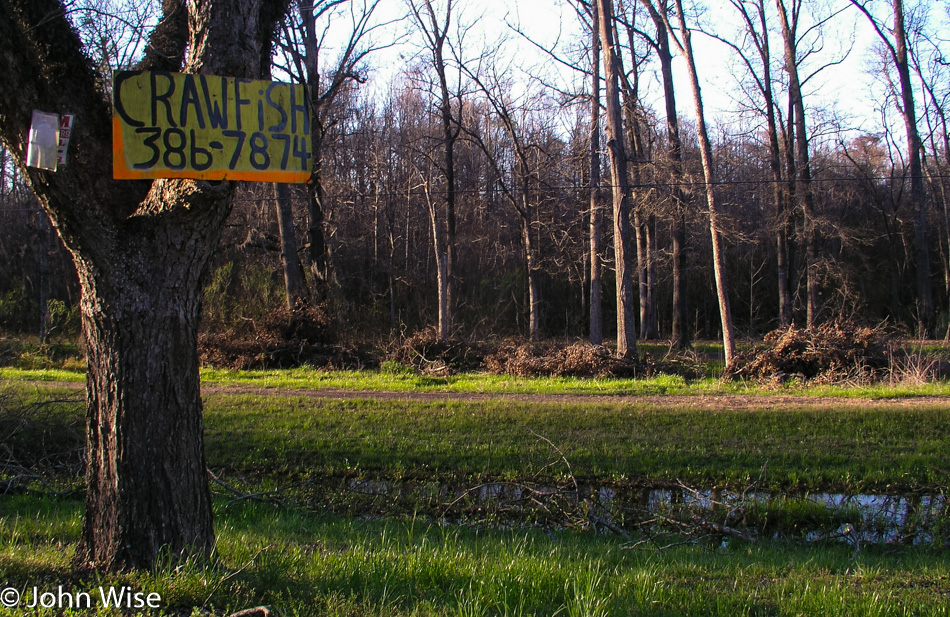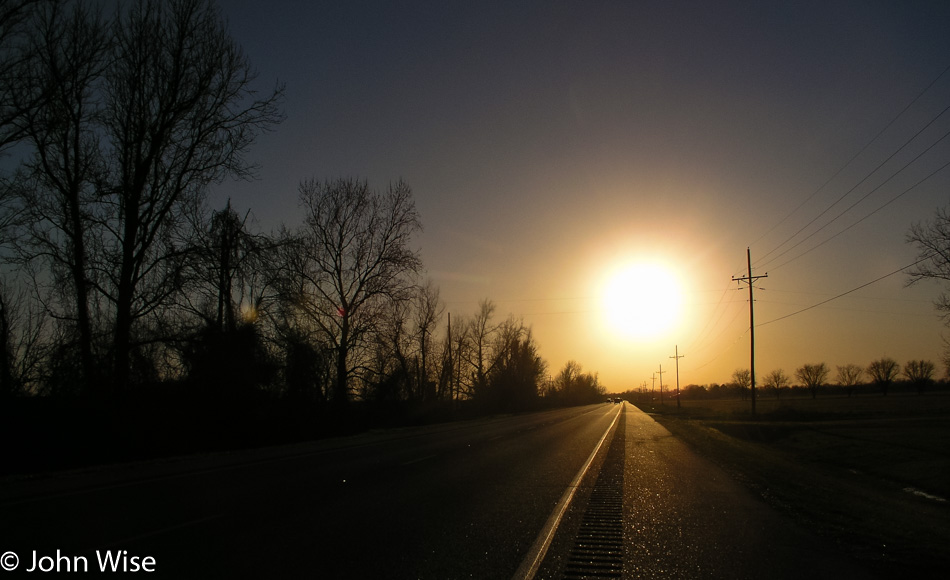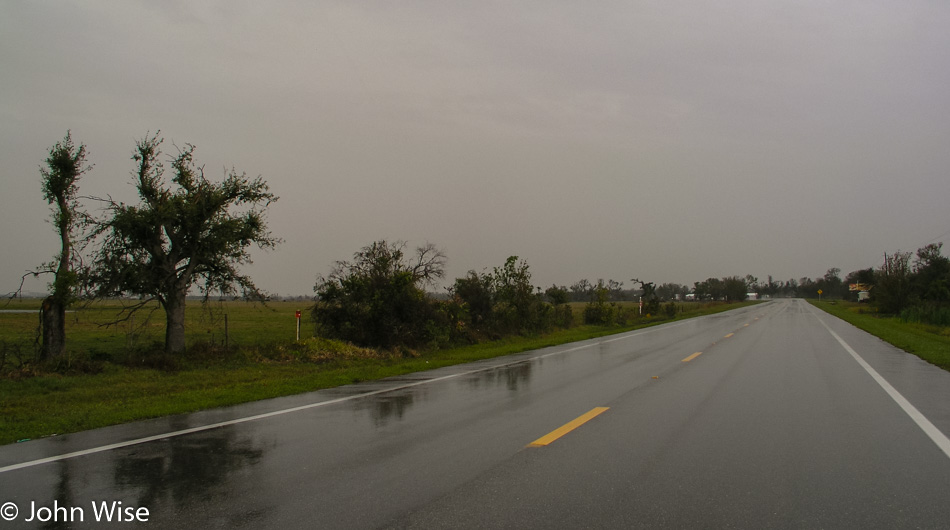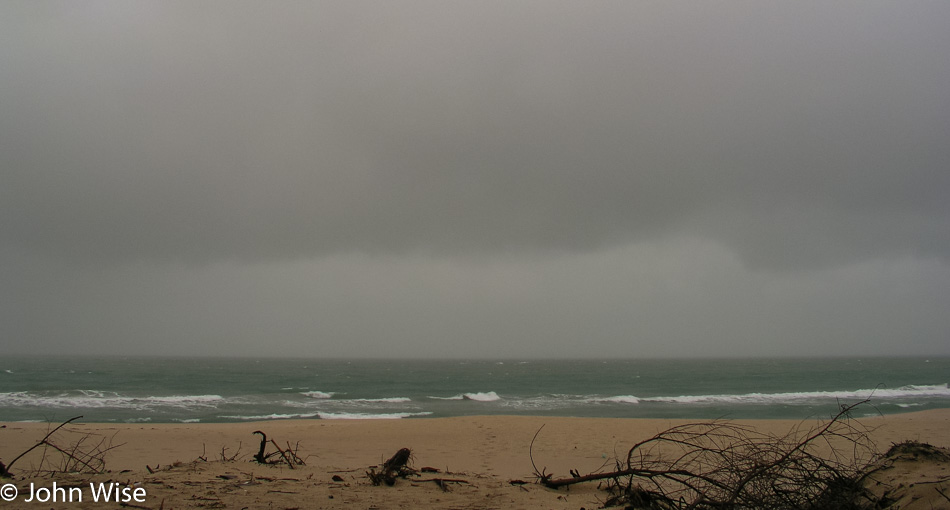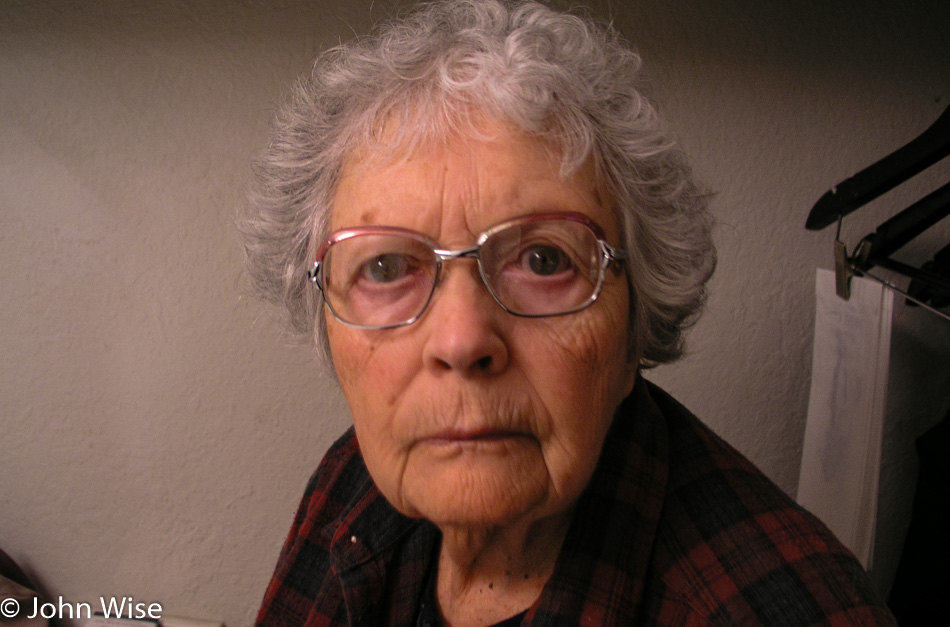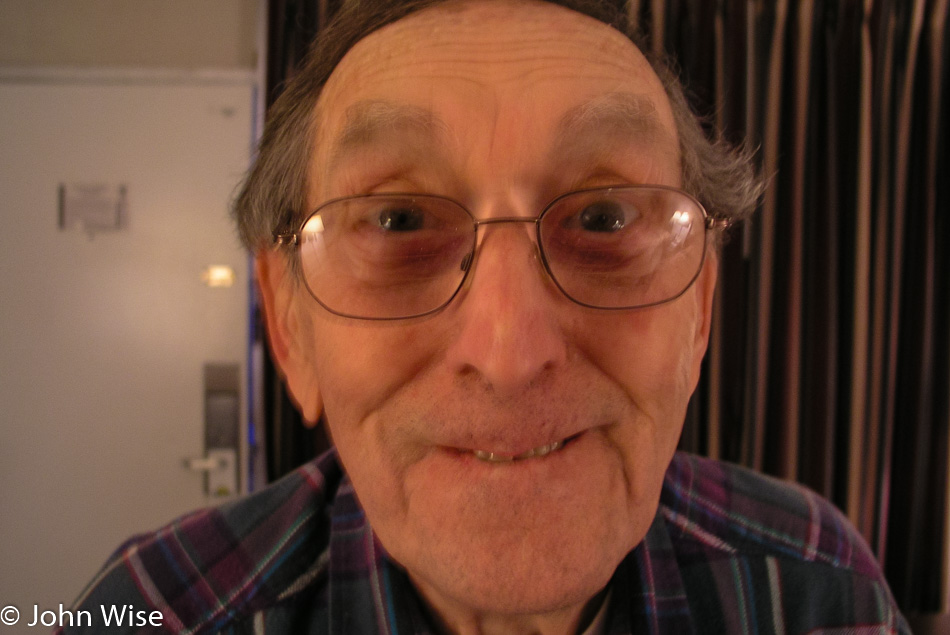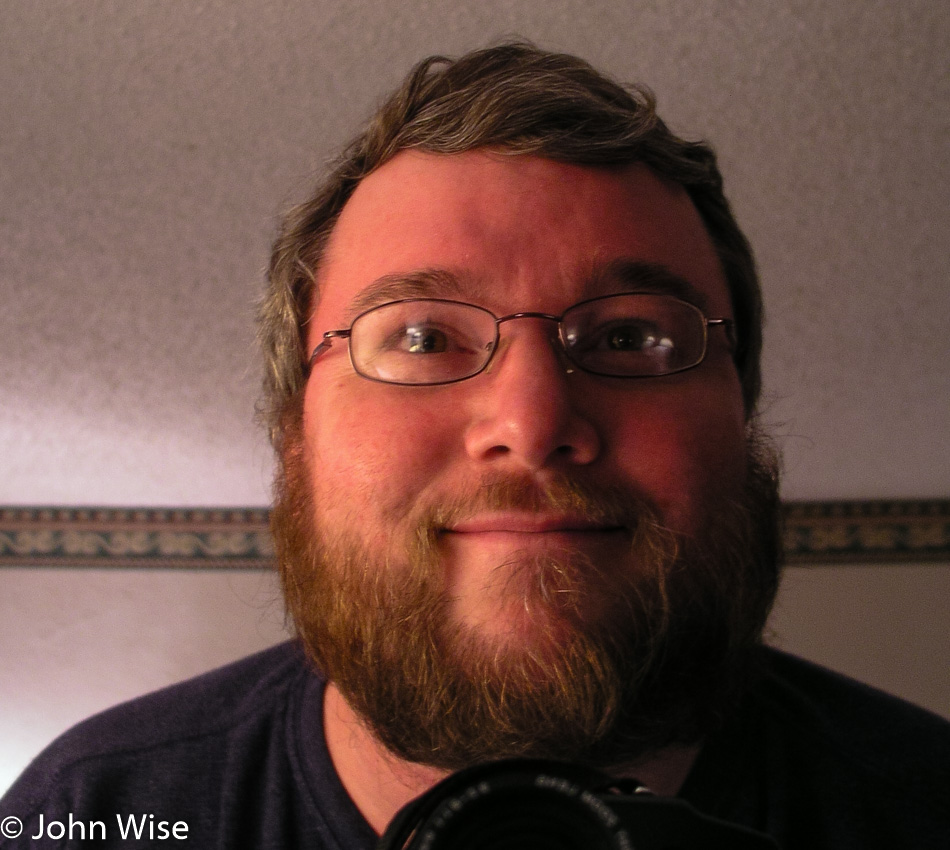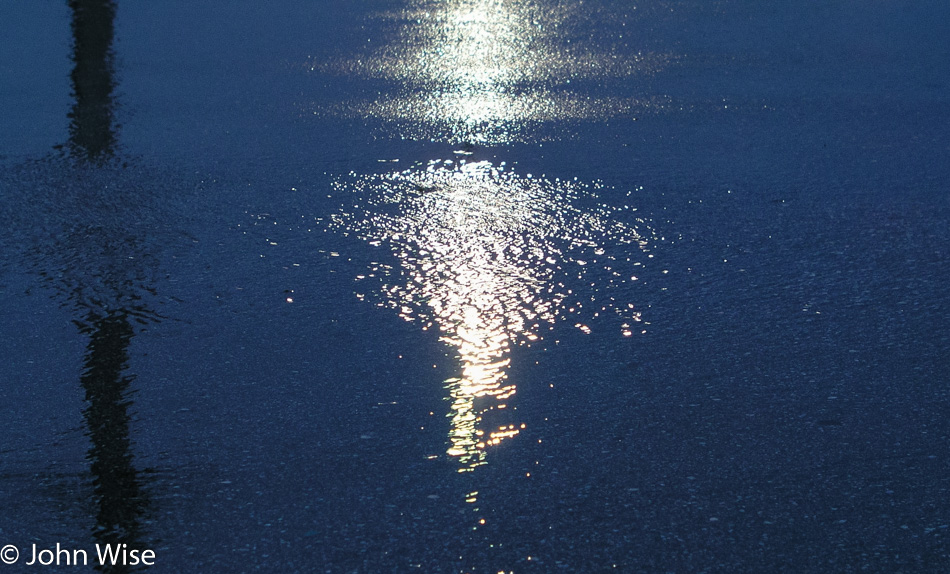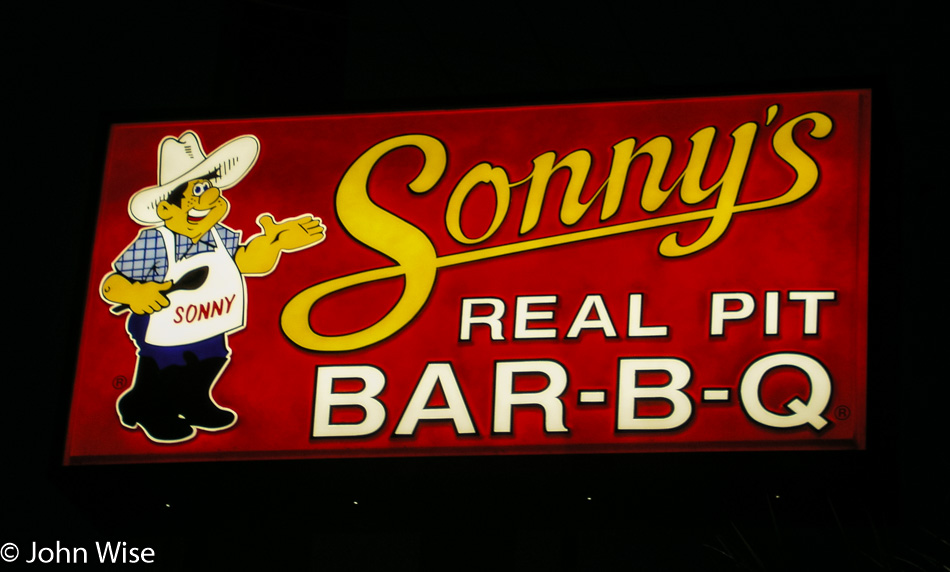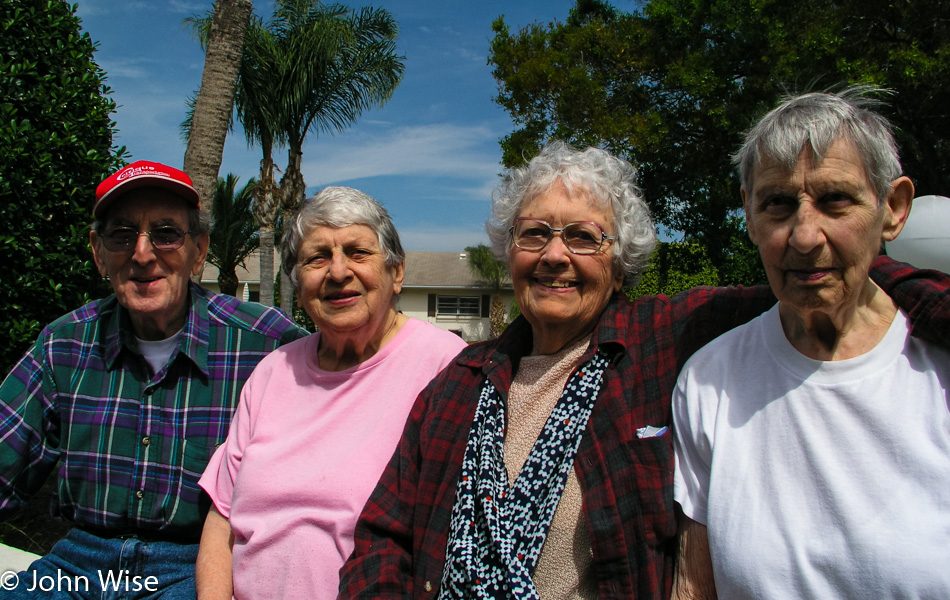
Thunder wakes me before dawn. I roll over and go back to sleep, only to wake on my own minutes before the alarm was supposed to rouse me. Our breakfast will be at IHOP followed by getting onto the next of the three main reasons for this trip. First was seeing Jessica, the second was Grandpa going to Camp Shelby, and now the third visiting the Densfords.
At breakfast, Auntie reminisces about this neighborhood she knows so well. We had no problem finding our way; we even traced the roads Auntie would take when riding her bicycle from her villa to the Days Inn, which used to have a different restaurant than the IHOP we’re at now. Before arriving for breakfast, we stopped at her old place so I could see the house of which I received many photos, along with Auntie and her husband, Ken Burke, while I lived in Germany for ten years.
Auntie tells me the story of how she ultimately came to reside in Florida and the Bradenton area, in particular, following her retirement. She had gone to visit Lillydale, New York, with a friend one day, and one of the psychics asked if she would like a reading. For $10, Auntie agreed to have her fortune read and sat down.
The psychic told her she had to go to the St. Petersburg, Florida, area and that she saw the letter K as having significance, along with something about chicken. Without a lot going on, Auntie called on Grandpa’s wife, my grandmother Hazel, to help her drive down to Florida. On arrival, Auntie picked up a paper and found a real estate listing of a villa she would soon be buying.
Fast forward to a dinner engagement with friends that began with a lady embracing one of the guests named Ken with the exclamation, “K, we have missed you so.” Auntie had just learned Ken’s nickname. After dating for a while, Auntie found that Ken’s favorite food was chicken. So all the pieces the psychic had told Auntie about had come together, and she was astounded to this day that this lady in Lily Dale so accurately had foretold my aunt’s future. What the psychic hadn’t shared with Auntie was that Ken would ultimately be my great-aunt’s first husband: she married him at the age of 69.
Breakfast done we head to our destination, the Densford residence. Grandpa knocks on the door, and after a couple of minutes, a frail, wispy lady answers the door: it is Virginia, and right behind her is her sister Marion. Stepping into the living room, Auntie grabbed both women and hugged them with tears in her eyes; she choked me up, and this wouldn’t be the only time this day she would do that.
It has been three years since last these old ladies had seen each other. For many years they had been neighbors here in Bradenton, but also back in Angola, New York. They have been lifelong friends and today is one more precious moment to revisit one another. Marion is the younger sister of Virginia, who recently celebrated her 90 birthday. I have been told that I met Marion many a time but the memory of a 4-year-old is not so robust, nor is the memory of the 41-year-old writing this.
Auntie’s hearing is normally bad, really bad. Listening to Marion and Virginia, it seems her hearing is as acute as it has ever been. They swap stories fast, catch up on who’s sick and passed away, coming alive in a way I had never witnessed before. Running through events, Auntie was actually riled up about the treatment Martha Stewart received, and she demanded with vocal authority that if her health and legs were not in such poor shape she and the girls would go out to women’s groups across America and demand equal treatment of Ken Lay of Enron and Bernie Ebbers of Worldcom.
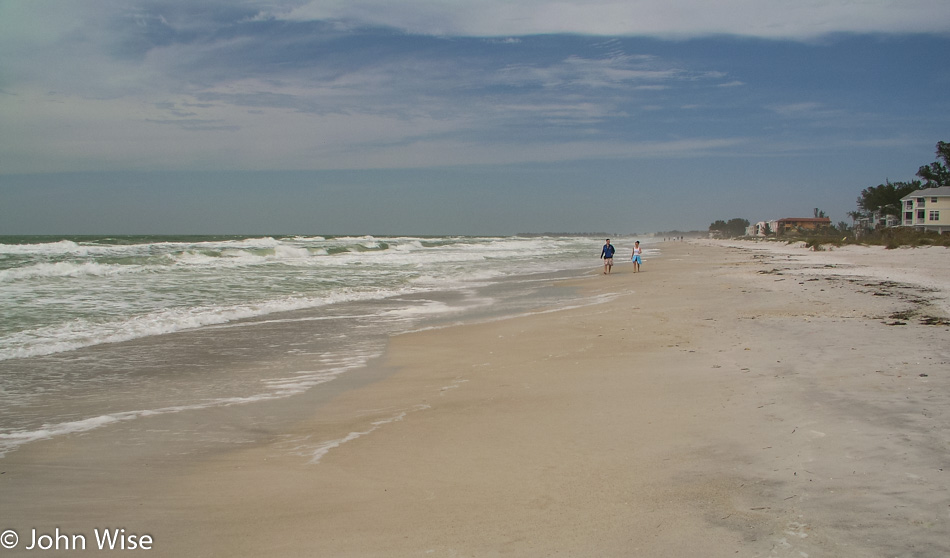
I am asked to recount our trip across the country so far and tell of driving out of Arizona, New Mexico, and into the Pecos Hills of Texas. I talked of the Bayou Coast of southern Louisiana, our detour to Camp Shelby, and our arrival in Pensacola to visit Jessica.
I also have a rather funny anecdote to share with them about passing wind. I do so with Auntie’s permission. Traveling near Biloxi, we stopped for catfish a few nights before. Typically, the noise in busy restaurants bothers Auntie due to her hearing aids picking up too many sounds. As we leave the restaurant, Auntie tugs at my arm to tell me, “I am so happy this restaurant was so loud tonight; I passed gas the entire meal.” Oh God, Auntie, too much info. I told her I’ll be calling her Farts Burke for the remainder of our trip.
Auntie gets a side cramp laughing at this today; she had forgotten about this episode and was tickled to hear it retold. If nothing else can be said as far as body functions go, old people have no shame left.
Ninety minutes after arriving I ask everyone to step outside as the gray clouds have given way to blue skies. Sitting in the front yard, I snap a photo that I would swear Auntie’s smile erased years of aging from her face.
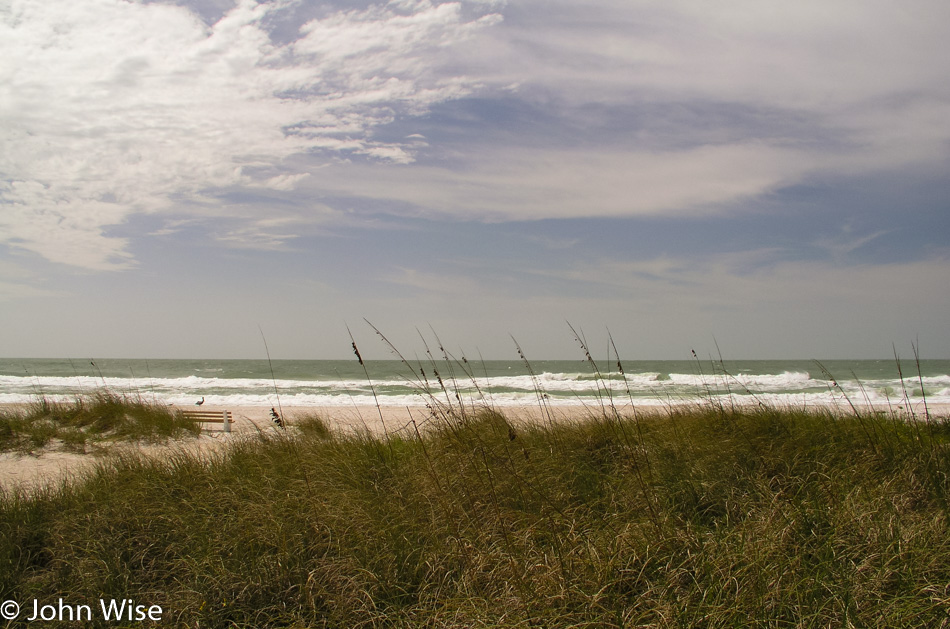
Before walking back inside, we knocked on the door of a neighbor whom Auntie had known while she lived around the corner in the same development. Bill, a now slight man, answers the door. Auntie and Bill exchange greetings, determine who has died, and Bill begins to tell Auntie about his cancer. He begins with that his testicles and prostate have been removed, which has him having to urinate all the time now.
Not just that, but when he has to go, it is right now. He said he almost lives next to the toilet now, sleeps with a bedpan, but still manages to wake at 3:00 a.m. all wet. If he goes to the bank he has to put on a catheter and wear a bag so he doesn’t wet his pants in line. This is told straight-faced and deadpan, as I said above.
Back inside, I ask to be forgiven as I would like to excuse myself and use the turning of the weather to make my way towards the beach to see if I can snap a few pix before the clouds move back in. With a promise to return in an hour, they encouraged me to take my time. I do.
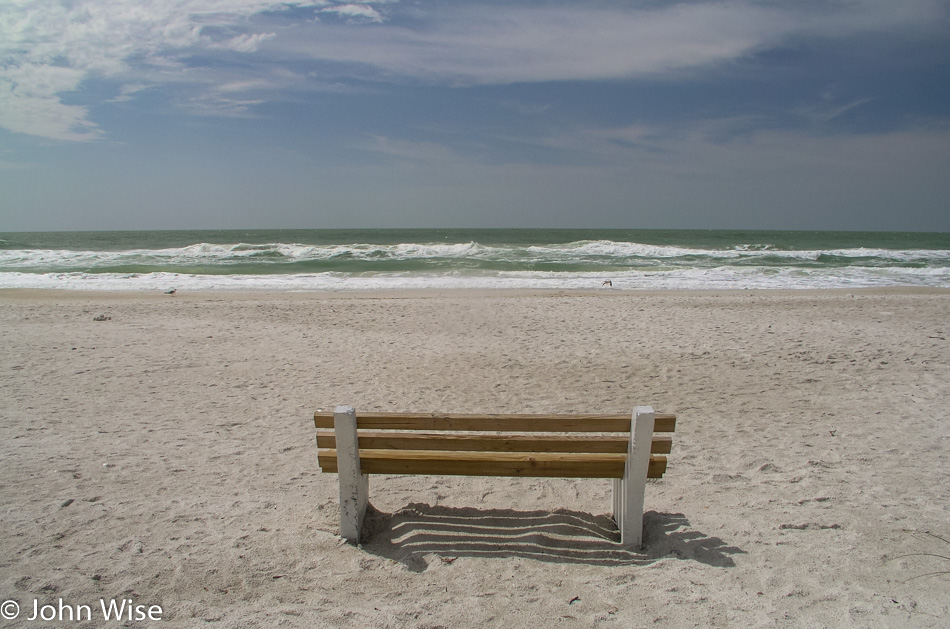
Driving away, I was considering returning right away instead of fighting traffic on a road under construction, which is the road I need to take to the beach. Plus, clouds are to the south, to the north, and behind me in the east. I am struck with the fact that this is my first time alone outside of sleeping, so I turn on the music and turn it up. Now motivated, I take the chance that I can get to the coast for a photo of the Gulf of Mexico with some blue sky. It is not long before I am on the bridge, crossing over to Anna Maria Key.
The sea is green; the blue sky opens as clouds dissipate. The sun sparkles in the crashing surf, and couples walk along the water’s edge barefoot, enjoying the absence of the forecasted rain and winds.
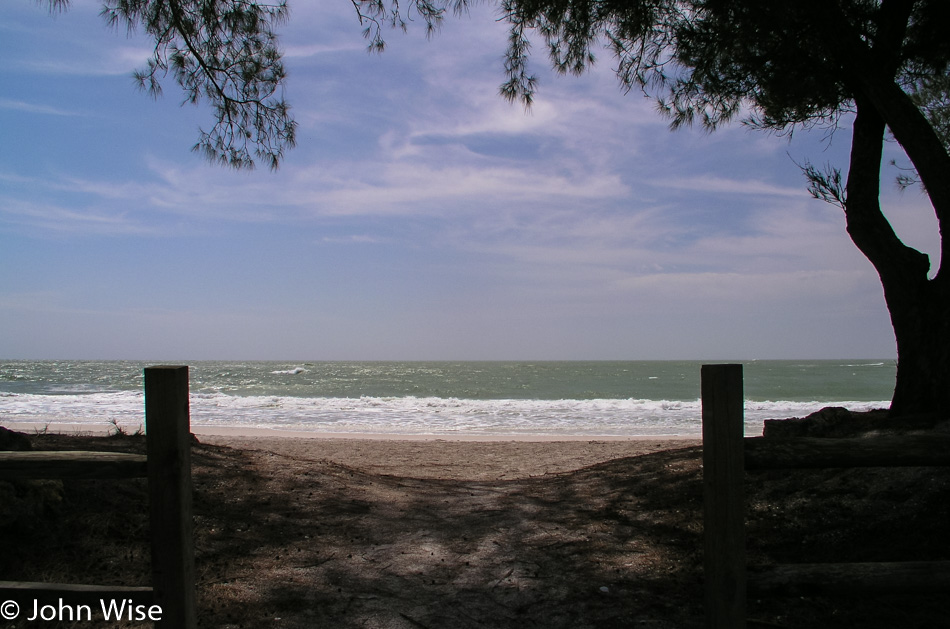
Measuring the beauty quotient multiplied by the weather potential divided by the relaxation-driven retirement population in addition to the throngs who descend on the area for spring training, this place has the potential to be overrun. It isn’t, though; it is pleasant, with relatively light traffic and easy parking right next to the beach. Anyone who’s been to Maine or the coast of Belgium in summer can tell horror stories about traffic snarls and overcrowding.
From one beach access point to the next, I have to stop at nearly everyone for another photo so Caroline can see this place and demand that I bring her here. Gulf Drive is the two-lane road taking me to the northern end of this small island. On that end is a small park with a fantastic view.
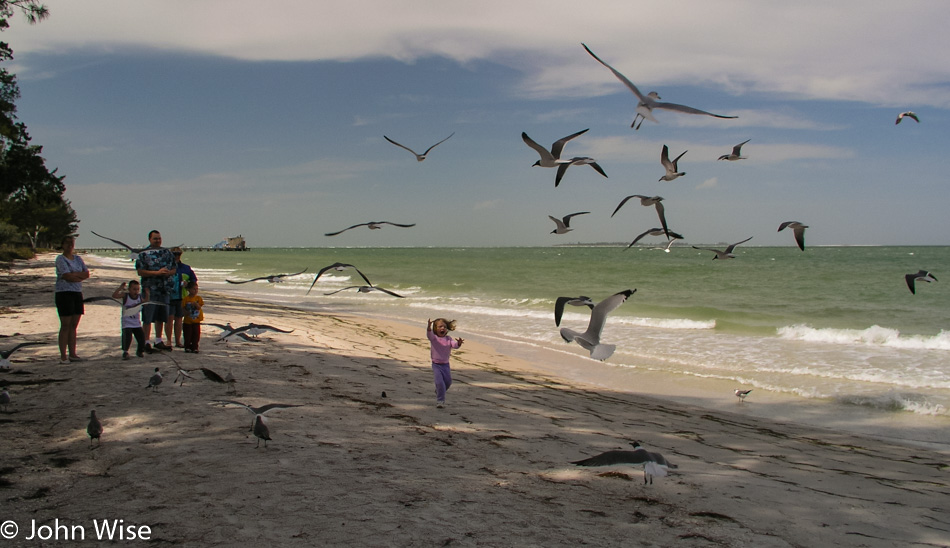
A little boy is throwing bread or chips to the birds who are lining up for the treats. His equally little sister is laughing and yelling while chasing the birds, who are startled and take flight only to hover just out of her reach until they sense a moment of quiet. They quickly land to finish picking up the meal strewn over the white sand.
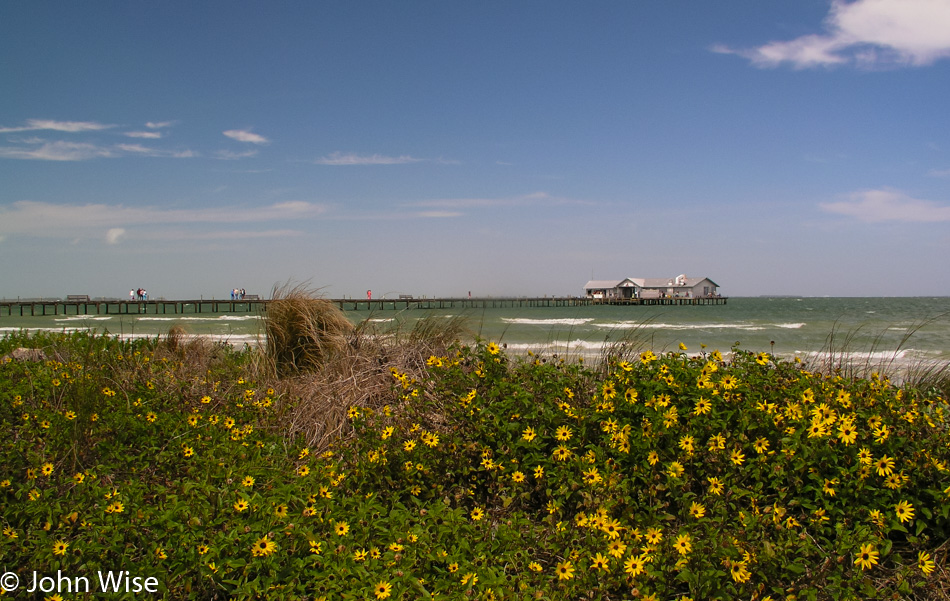
Pelicans fly by, shorebirds walk along, while others fly directly at me. On a nearby pier, fishermen can be seen casting a line into the clear green water. In the grasses, wildflowers are blooming bright yellow. It is no wonder this part of Florida has become a draw for retirees.
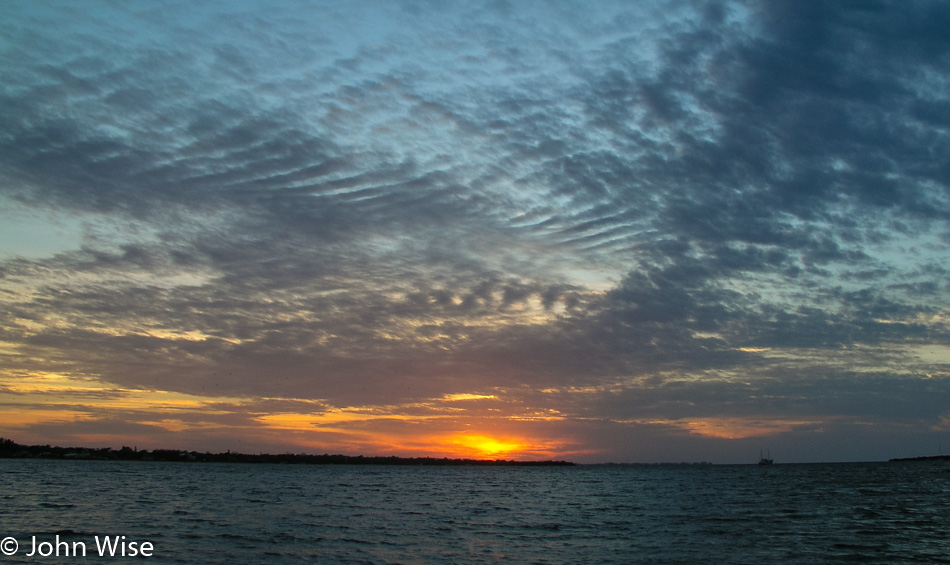
Having my fill of picture taking and being aware that Grandpa will need more meds and maybe some lunch or early dinner, it is time to return to the villas. The four of them were just talking away, and for a short time, I re-entered the conversation. I asked if anyone was hungry, and Grandpa said, “We just ate,” well, Grandpa, that was about 7 hours ago. Marion declines, but Virginia says yes, which changes Marion’s mind. Auntie is hungry, as am I.
Bob Evans restaurant was the choice for the group. Grandpa finds out that he is hungry and has a meal with the rest of us. A nearby table starts a conversation with me, asking what I’m doing with the old people. Is this really such an uncommon sight? This isn’t the first time this has happened; it happened in Van Horn, Texas, Lafayette, Louisiana, and Apalachicola, Florida. I explain that I have brought my great-aunt and grandfather out for a cross-country road trip, and they are so impressed that I am nearly embarrassed.
Some have told me that this is one of the most important things I will do in my lifetime. Others have said that I am the greatest nephew/grandson for making such a wonderful gesture. A lady from Illinois told me that I was acting in such an honorable manner that I should be proud of. At tonight’s table, the couple at the other table went on about how nice this was and how they wished other young people would take an interest in their elderly relatives’ happiness.
At the end of our meal, another couple who had been sitting in earshot of the earlier conversation stopped at our table as they were leaving and congratulated me for taking the time to spend a vacation with such wonderful people and hoped others could be so inspired. Almost awkwardly, I start feeling like the celebrated example of a legend who, at the tender age of 41, sacrifices his selfish interests for the enjoyment of his elderly family to take them across the country through hardship and poor weather just to see their family more than two thousand miles away.
In reality, they help me afford the luxury of taking yet more photos of our stunning countryside, and we are traveling fairly comfortably in our minivan to the Days Inns, Best Westerns, and a few random lodgings at the in-between locations.
After dinner, I deliver the Densfords back home. We agree to meet at 8:30 for breakfast and I take Grandpa and Auntie back to our hotel. I head out again, this time going north and then west, trying to capture a nice sunset photo.
I see many nice shots of the setting sun but no opportunity to pull over and frame it. Behind trees, homes, and businesses, I try to grab a spot but the sun is falling out of the sky like the proverbial lead balloon. I manage a couple of snaps, but nothing that comes close to capturing what I had been seeing moments earlier.
